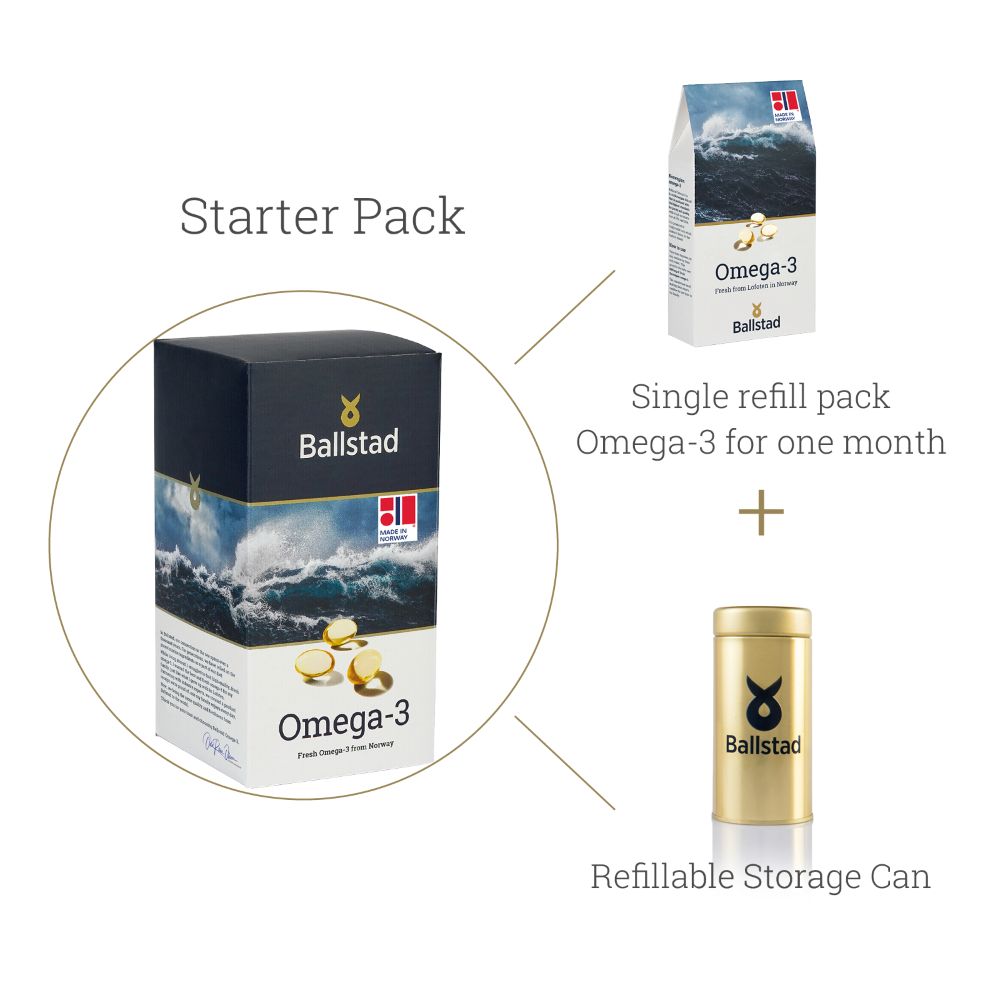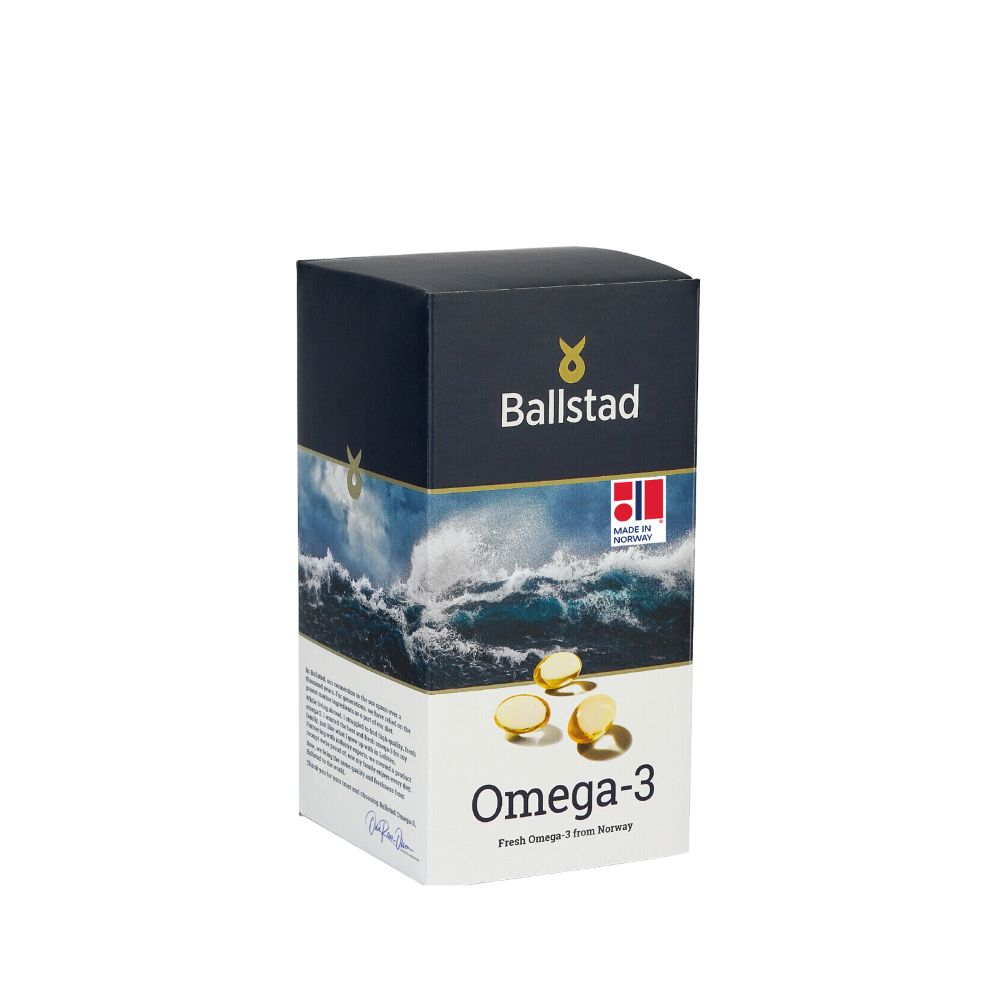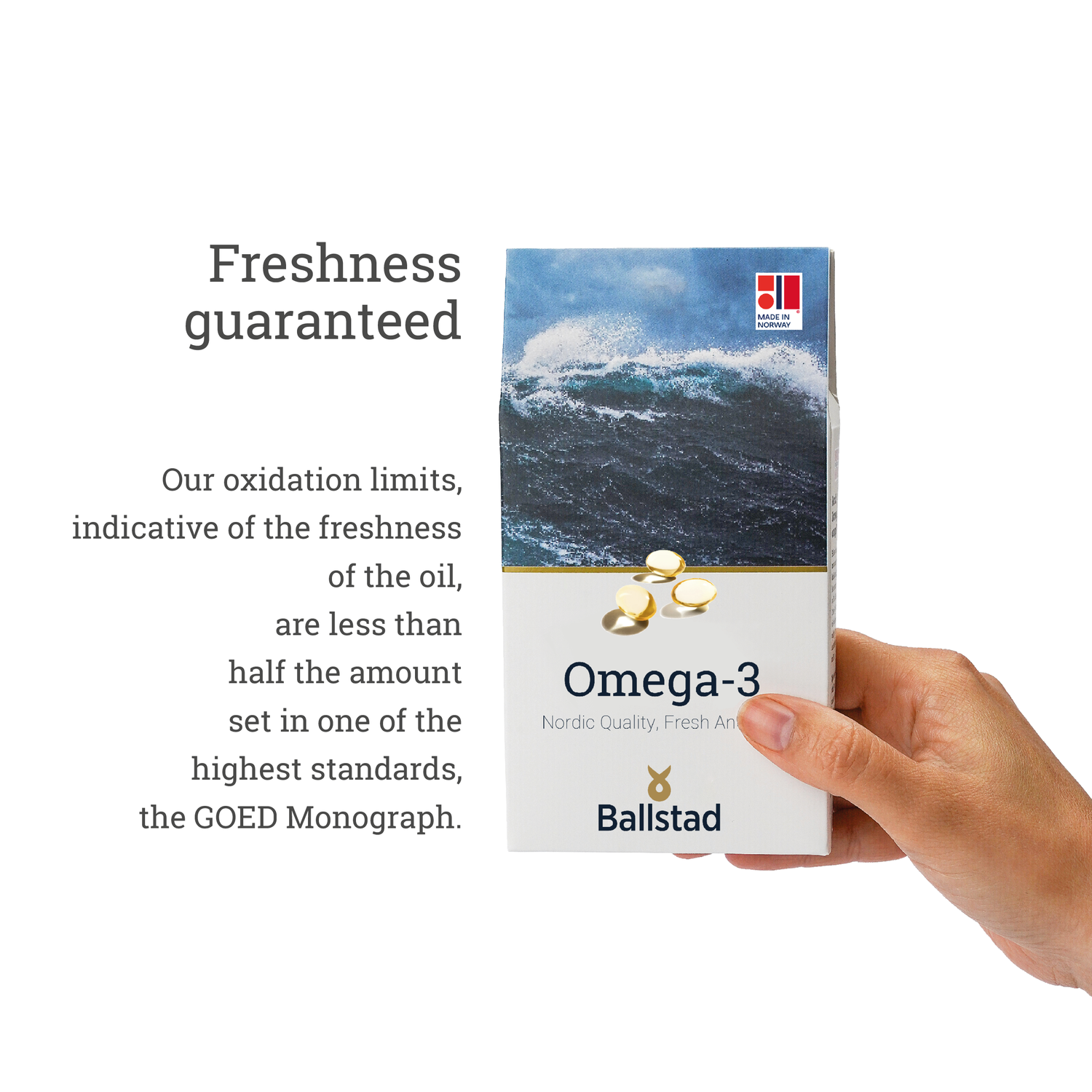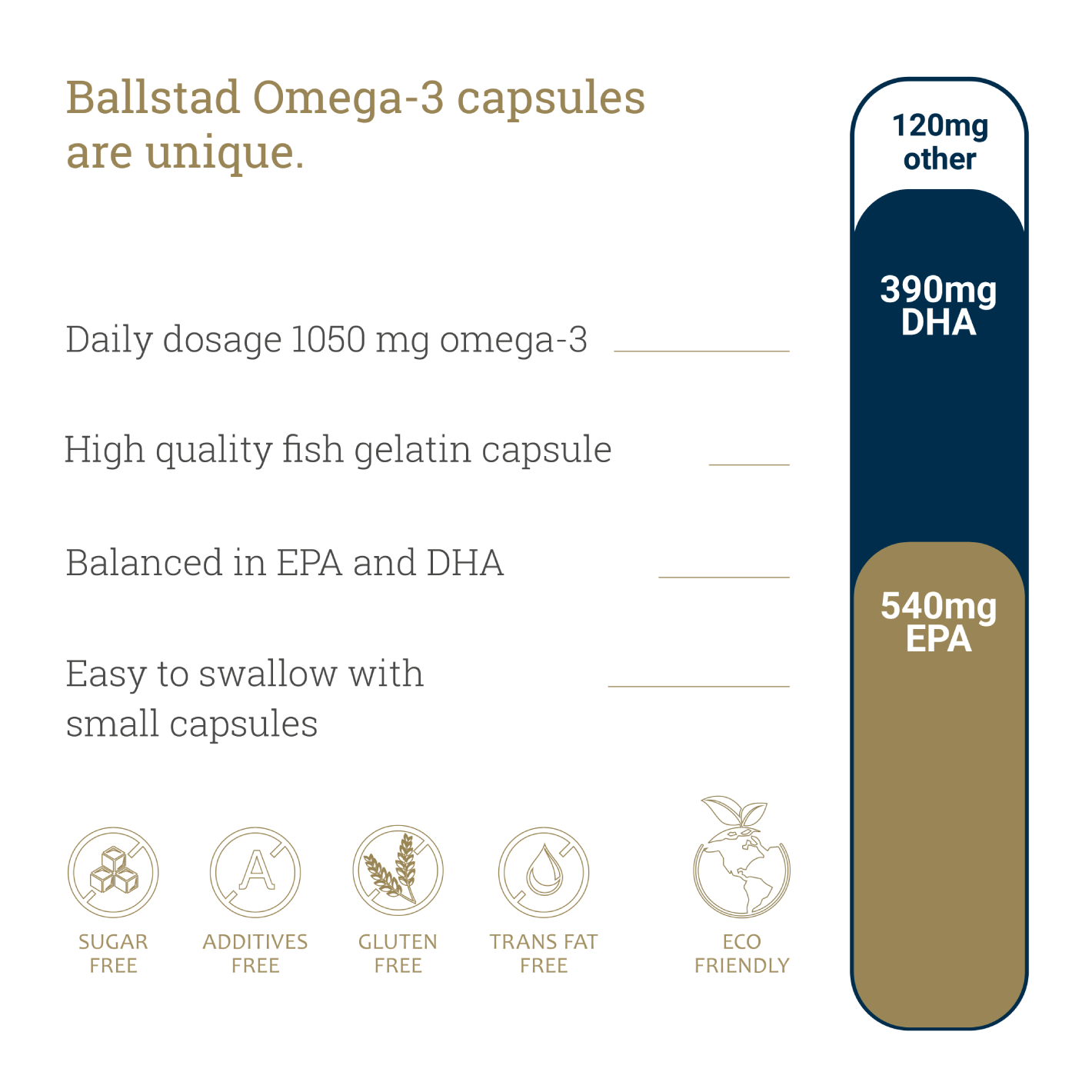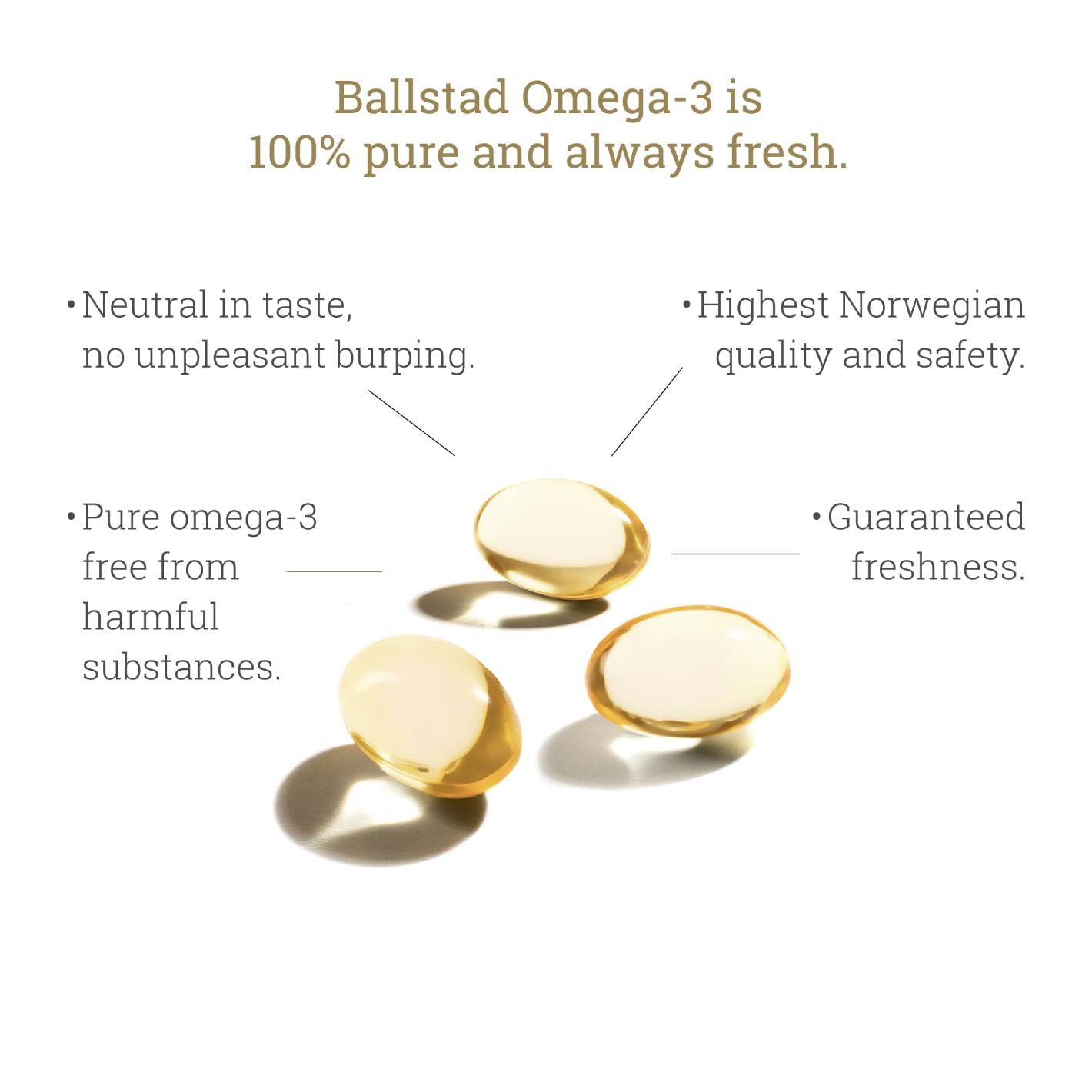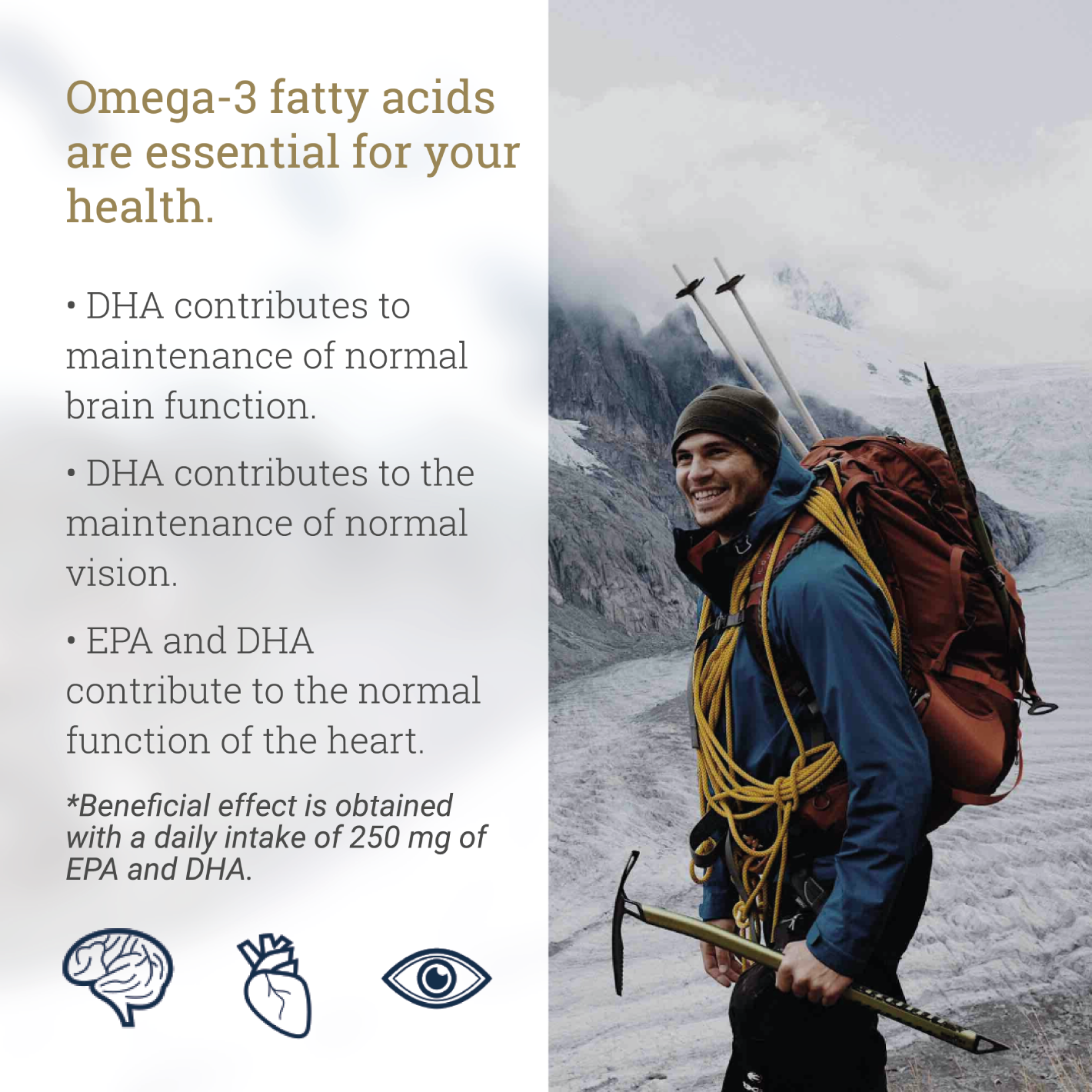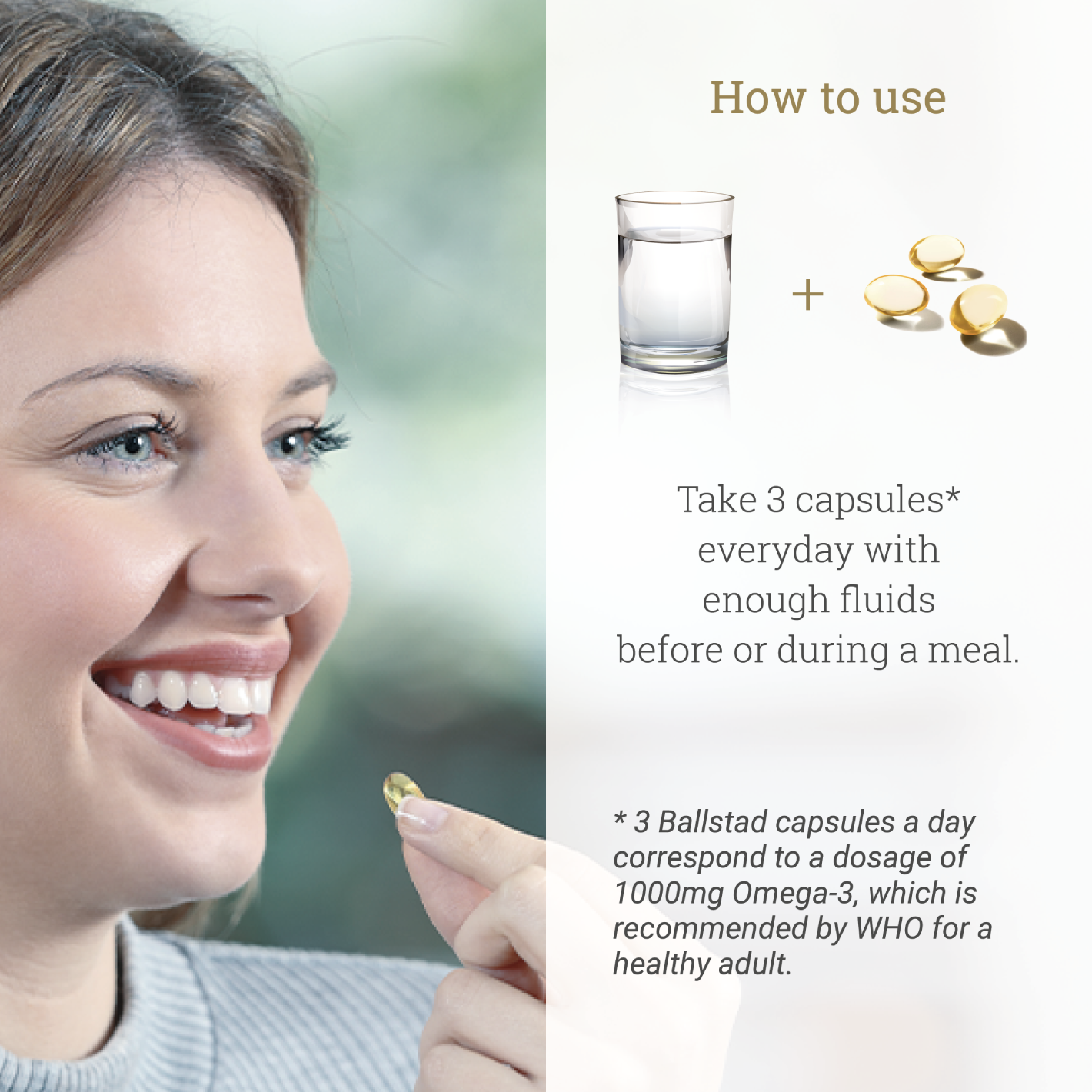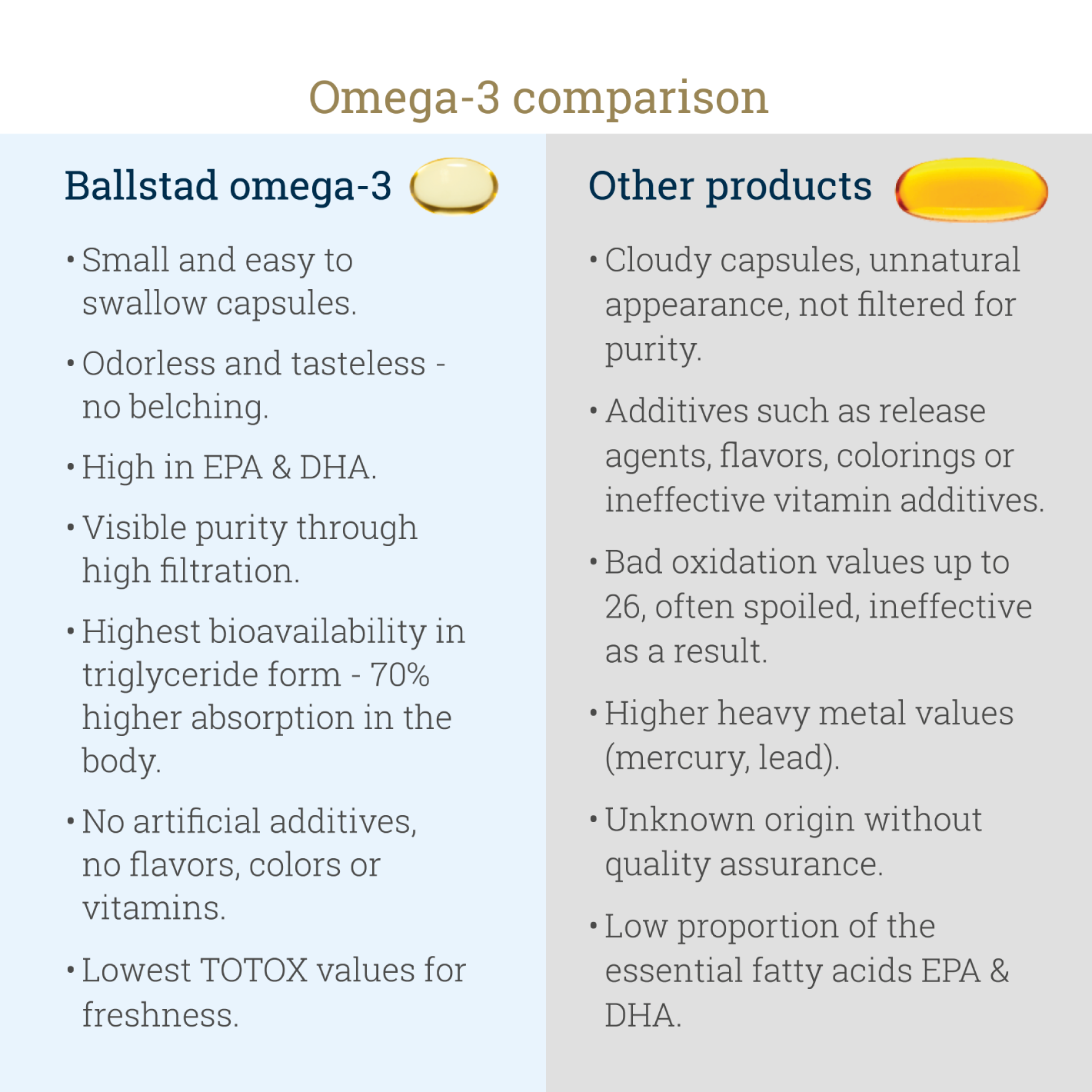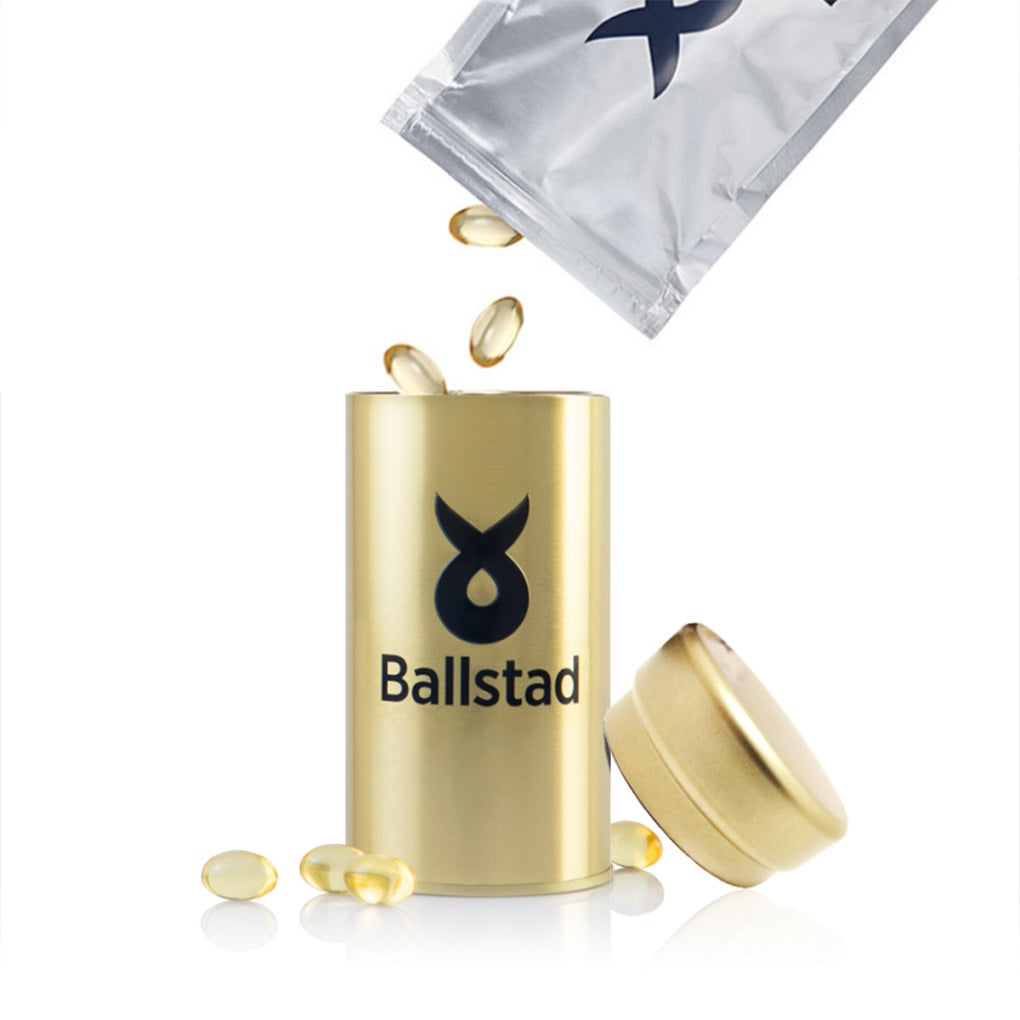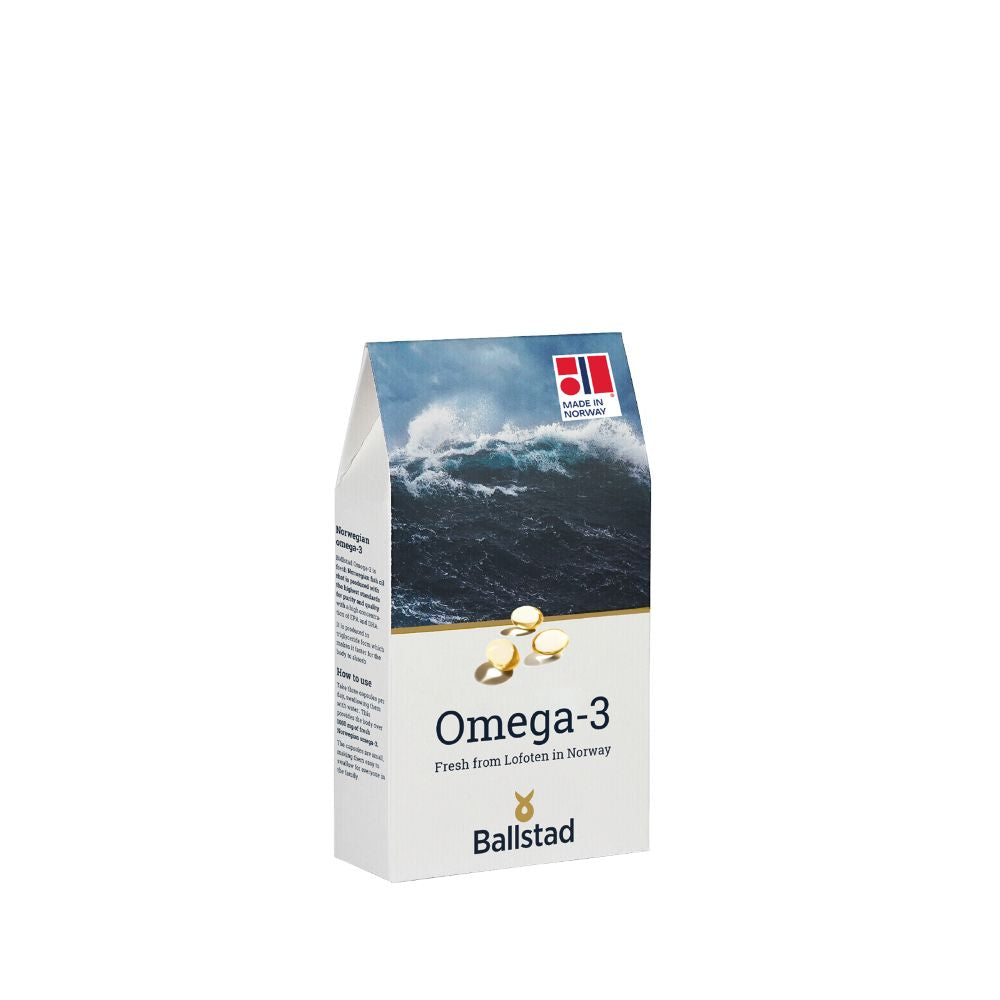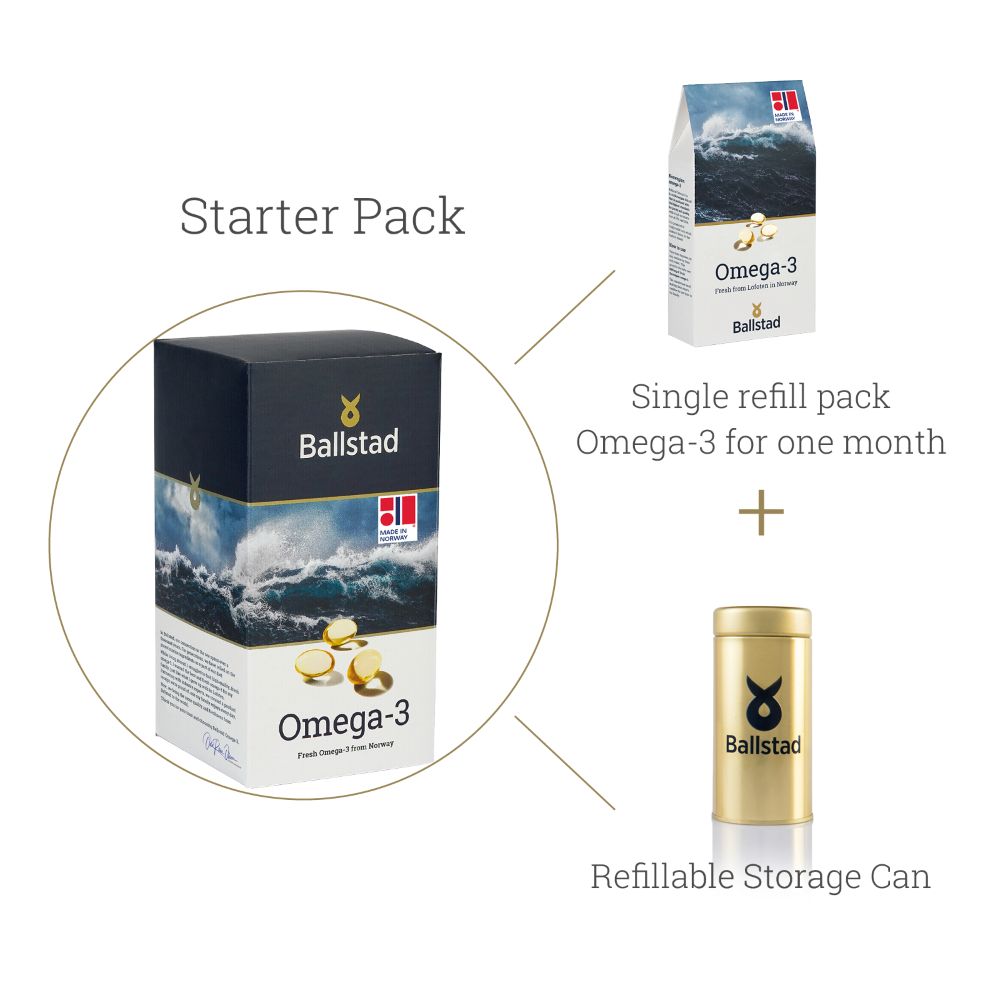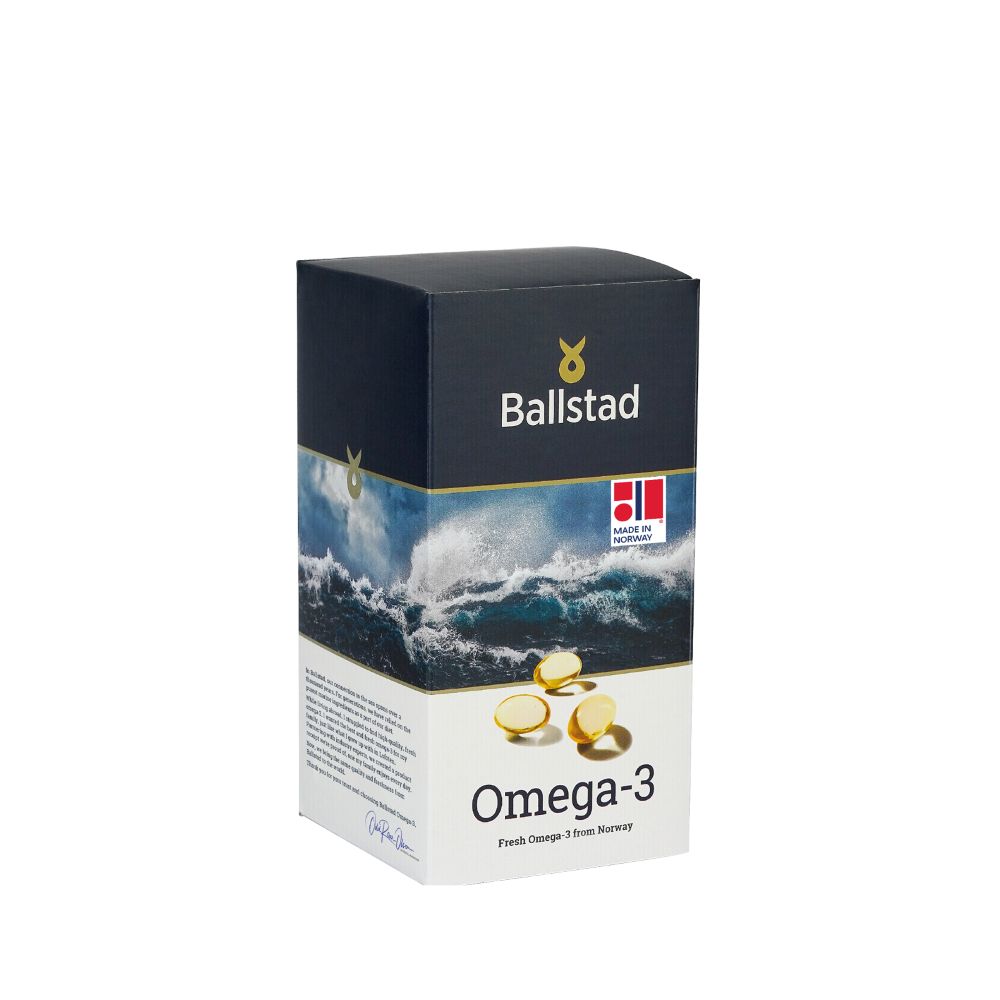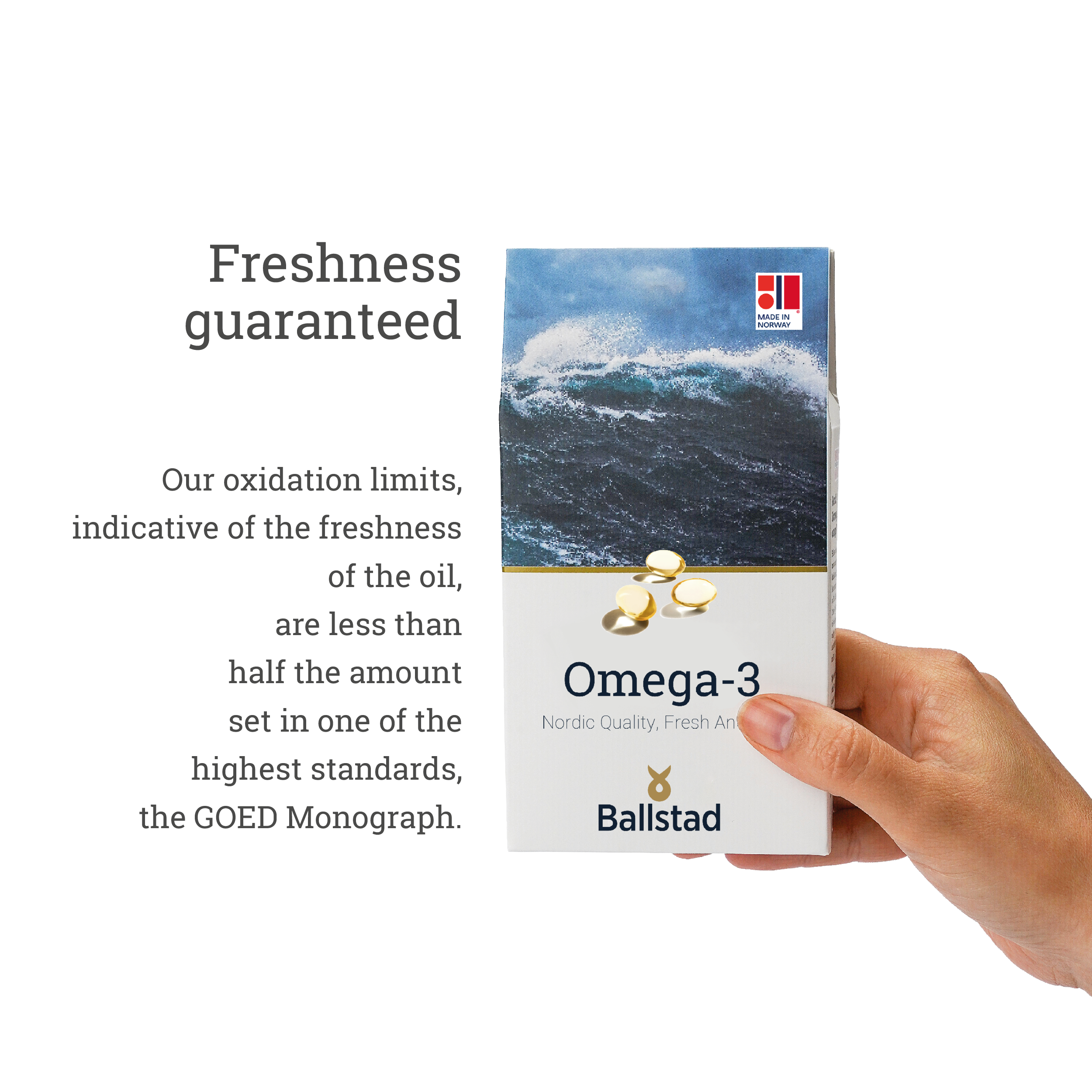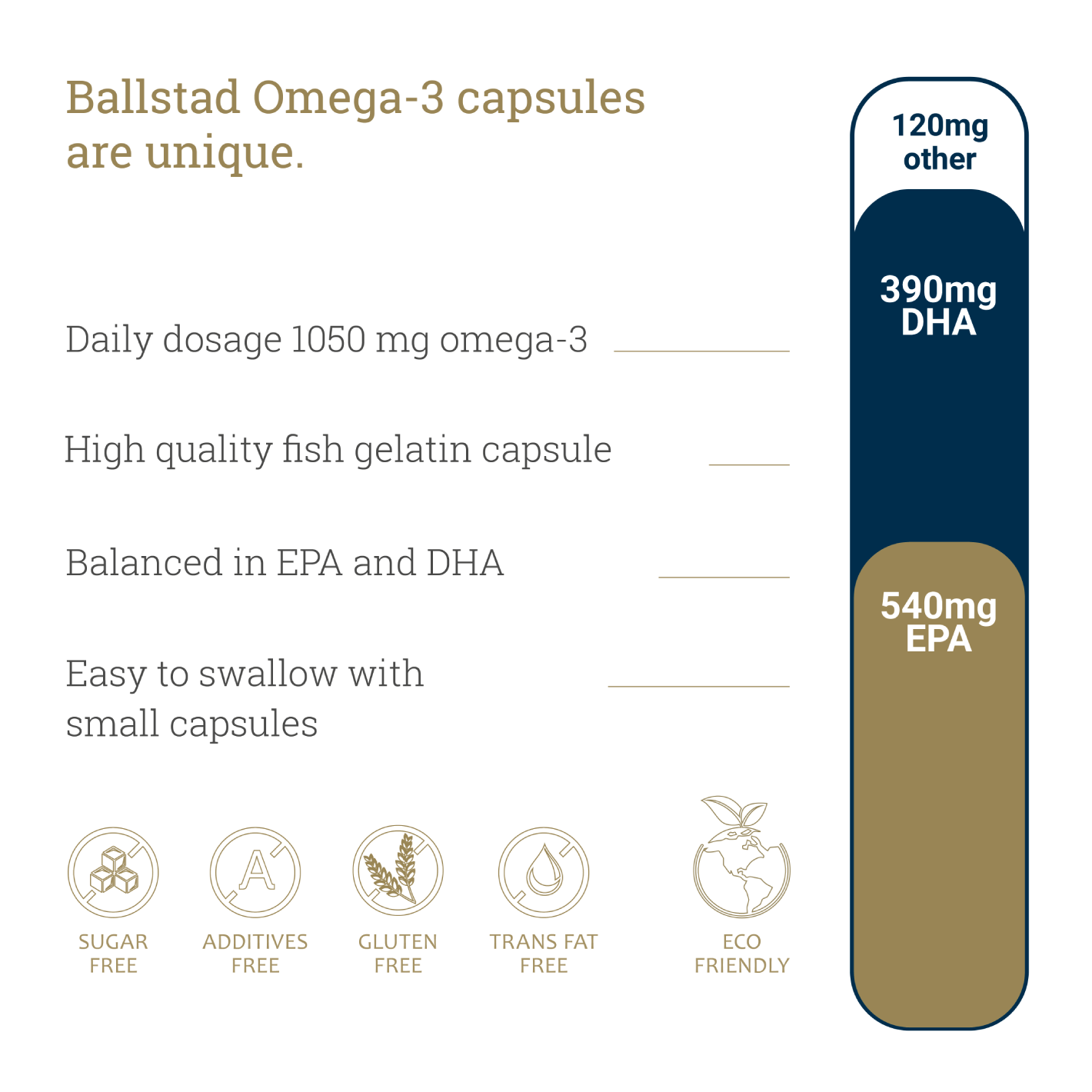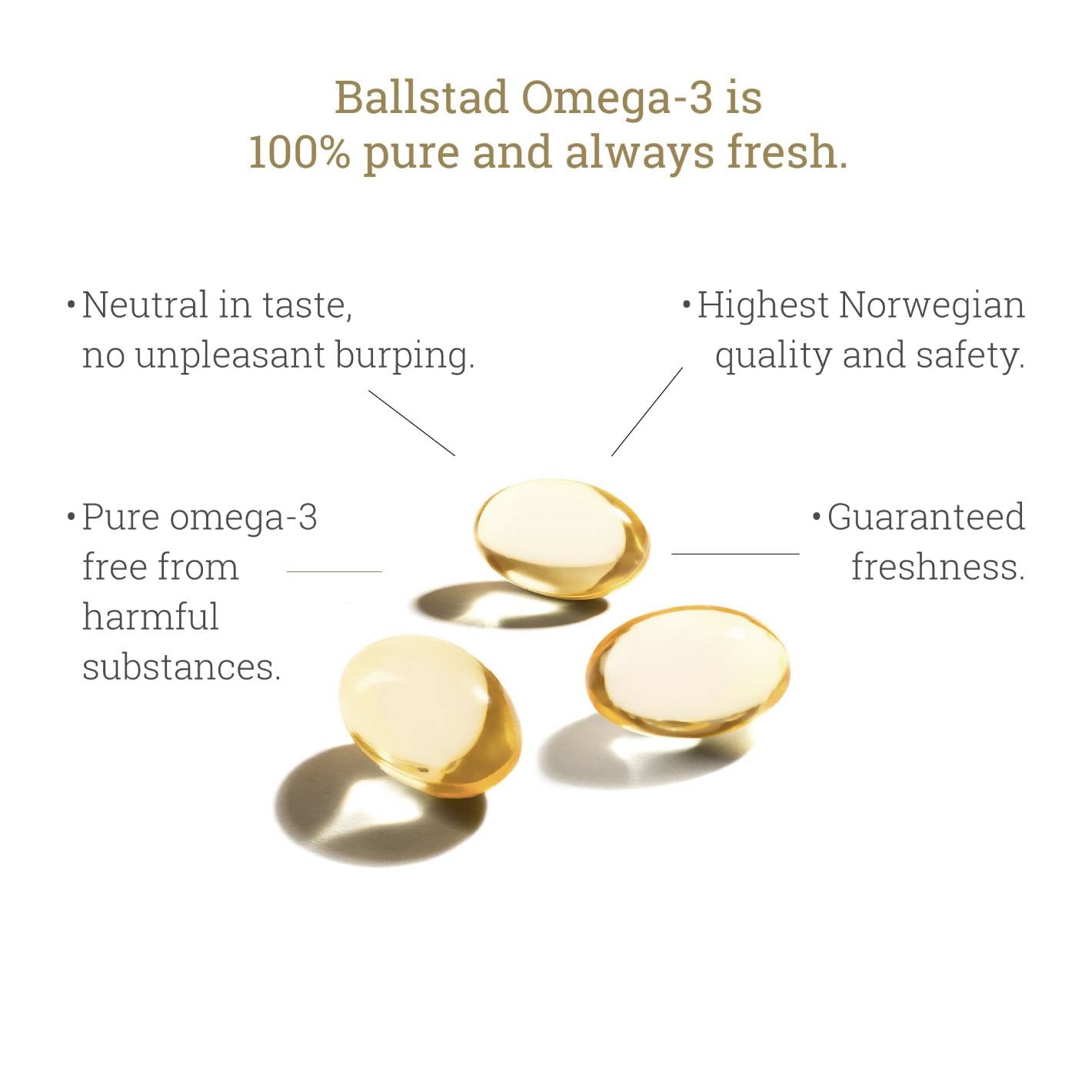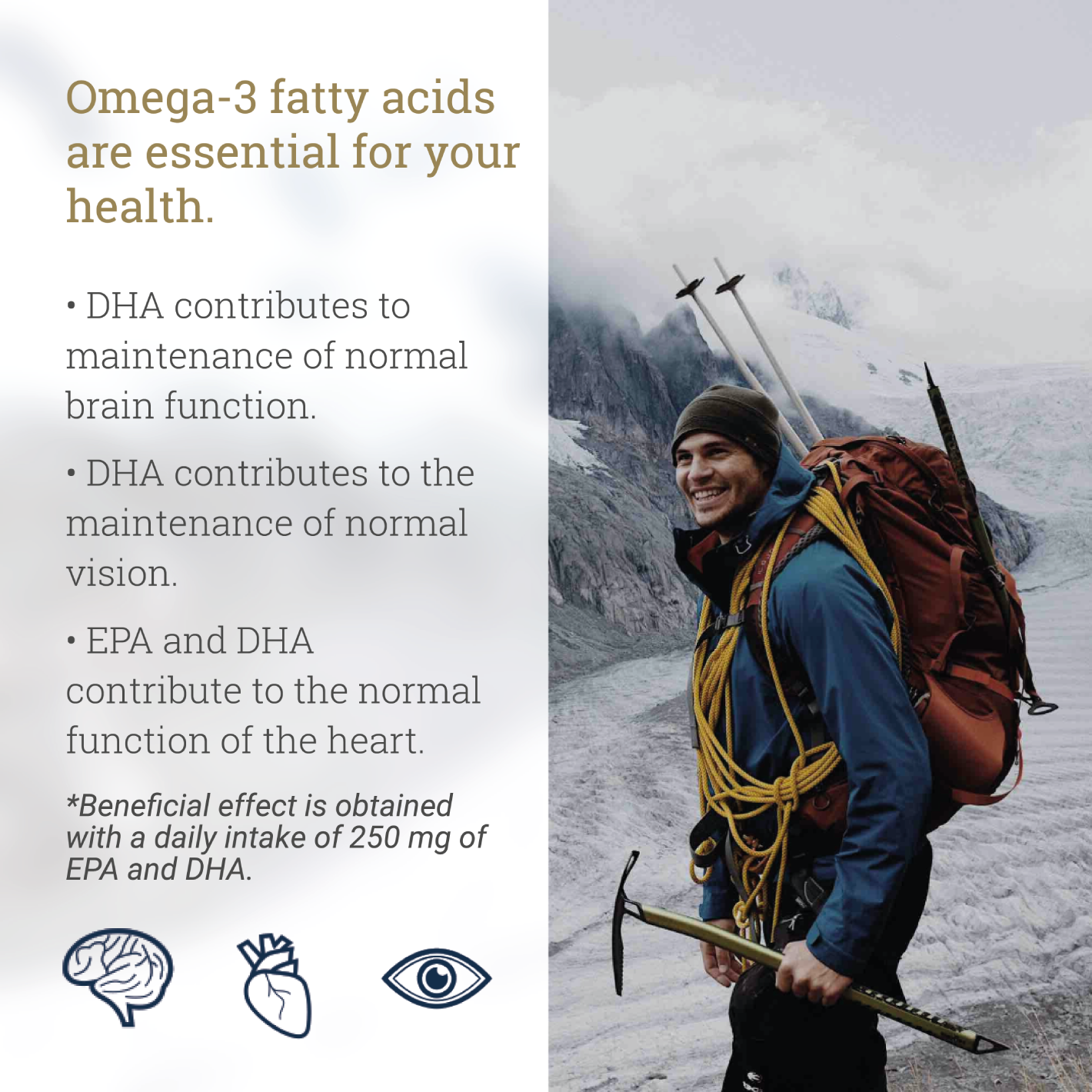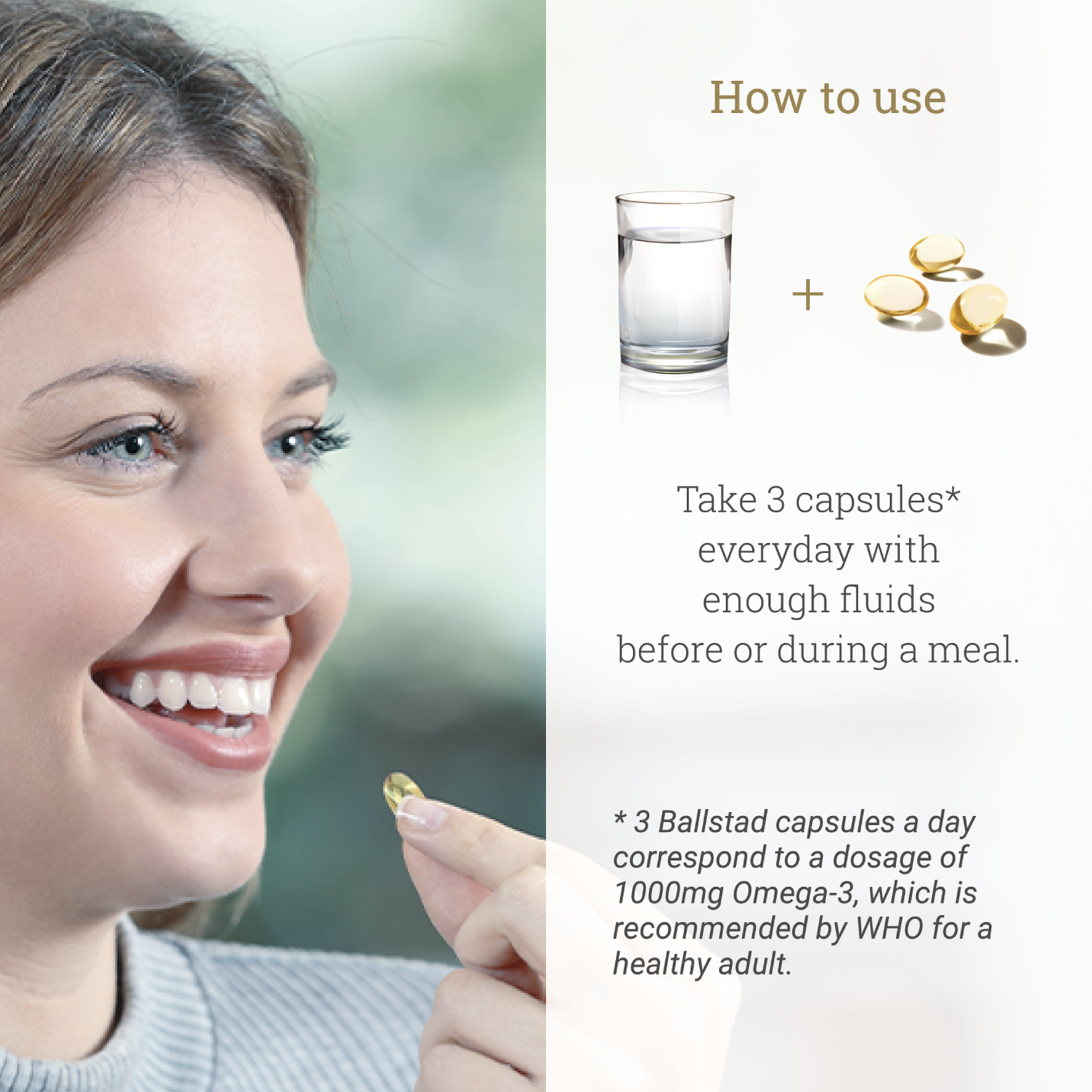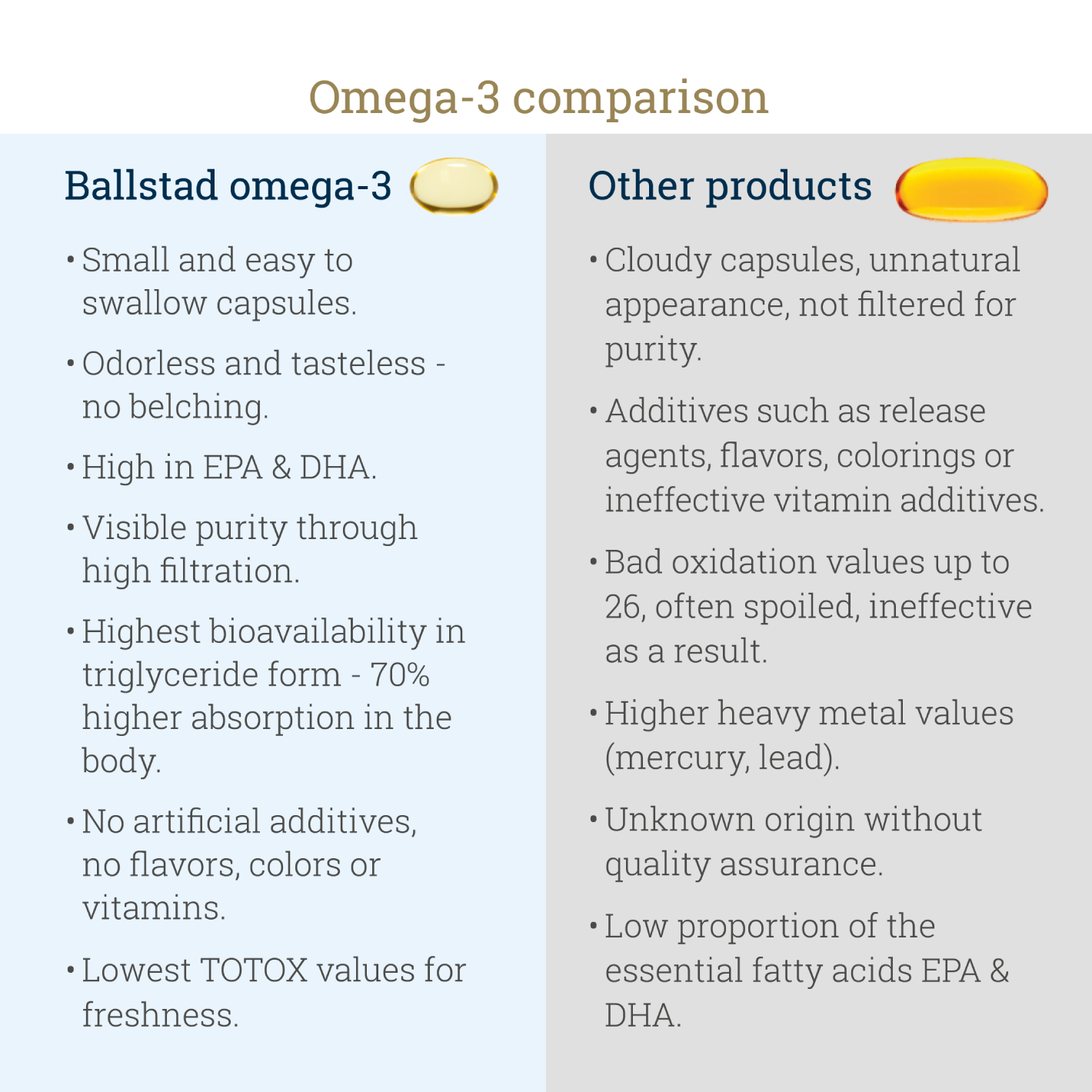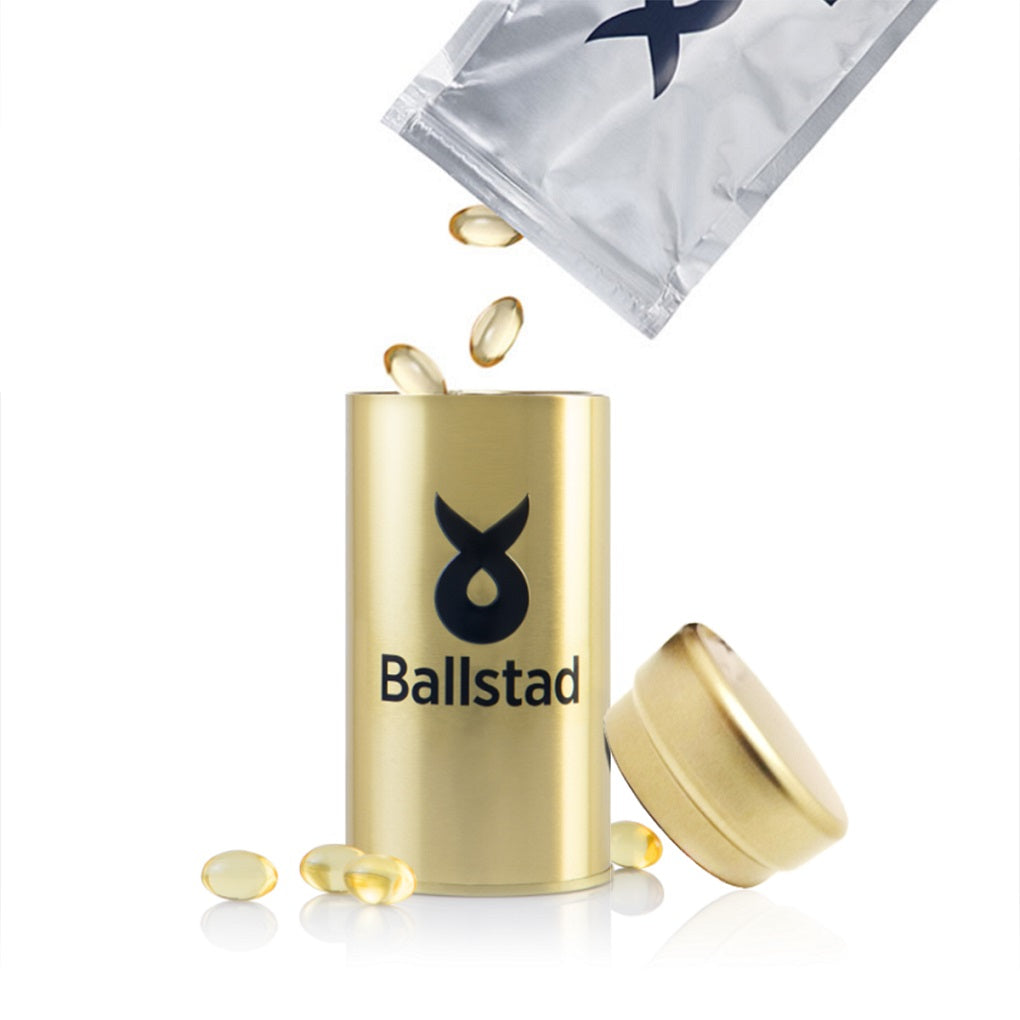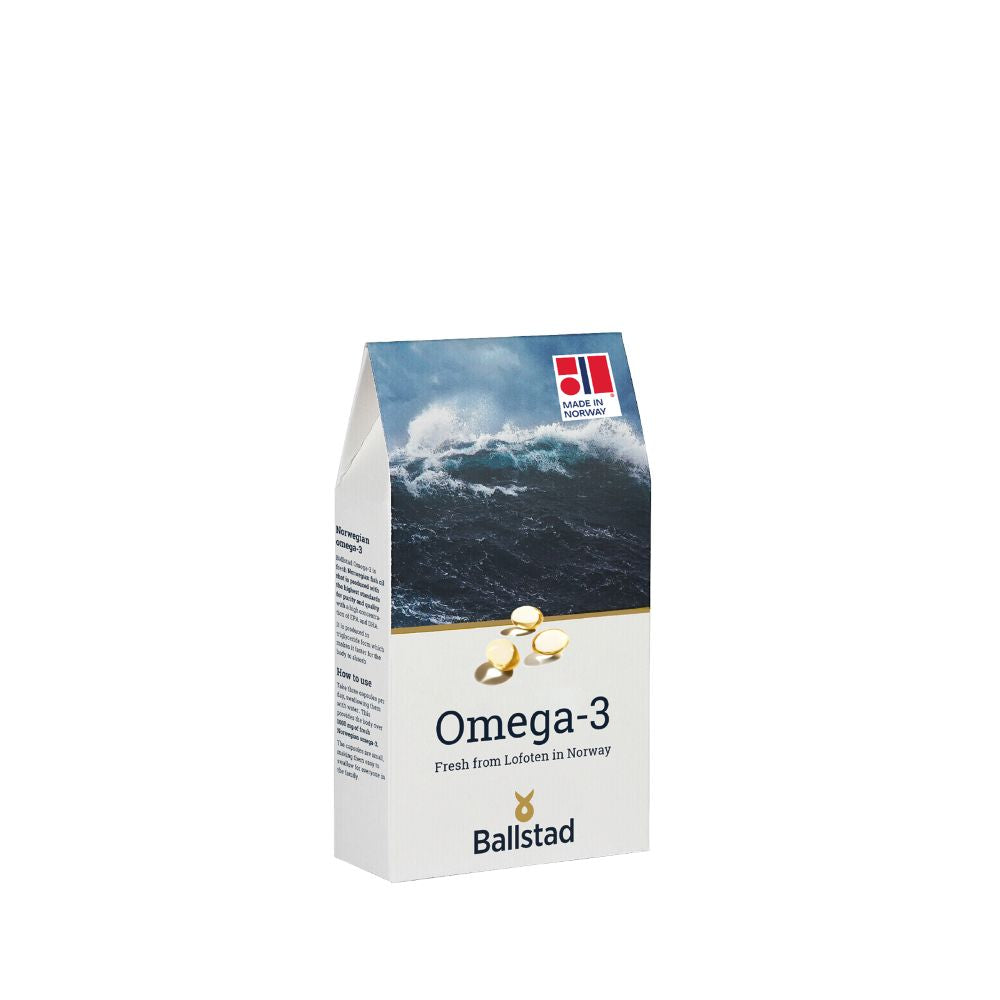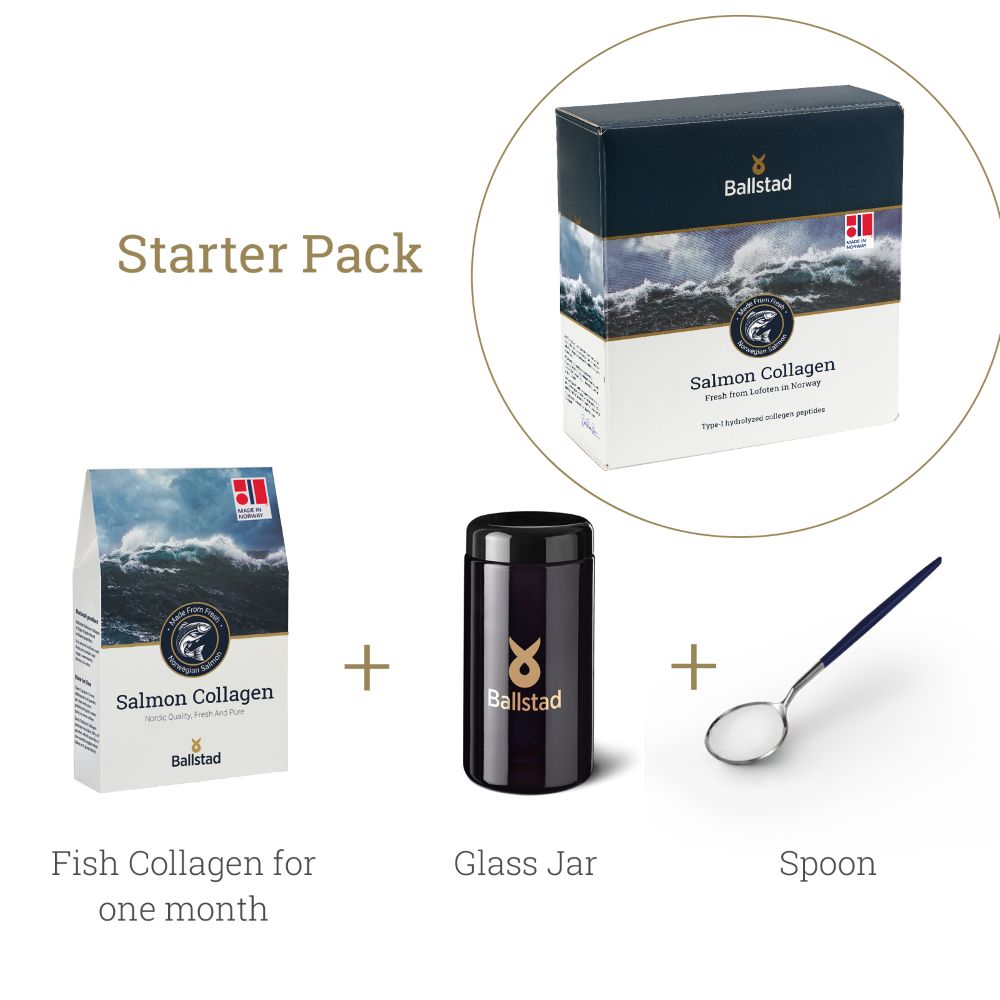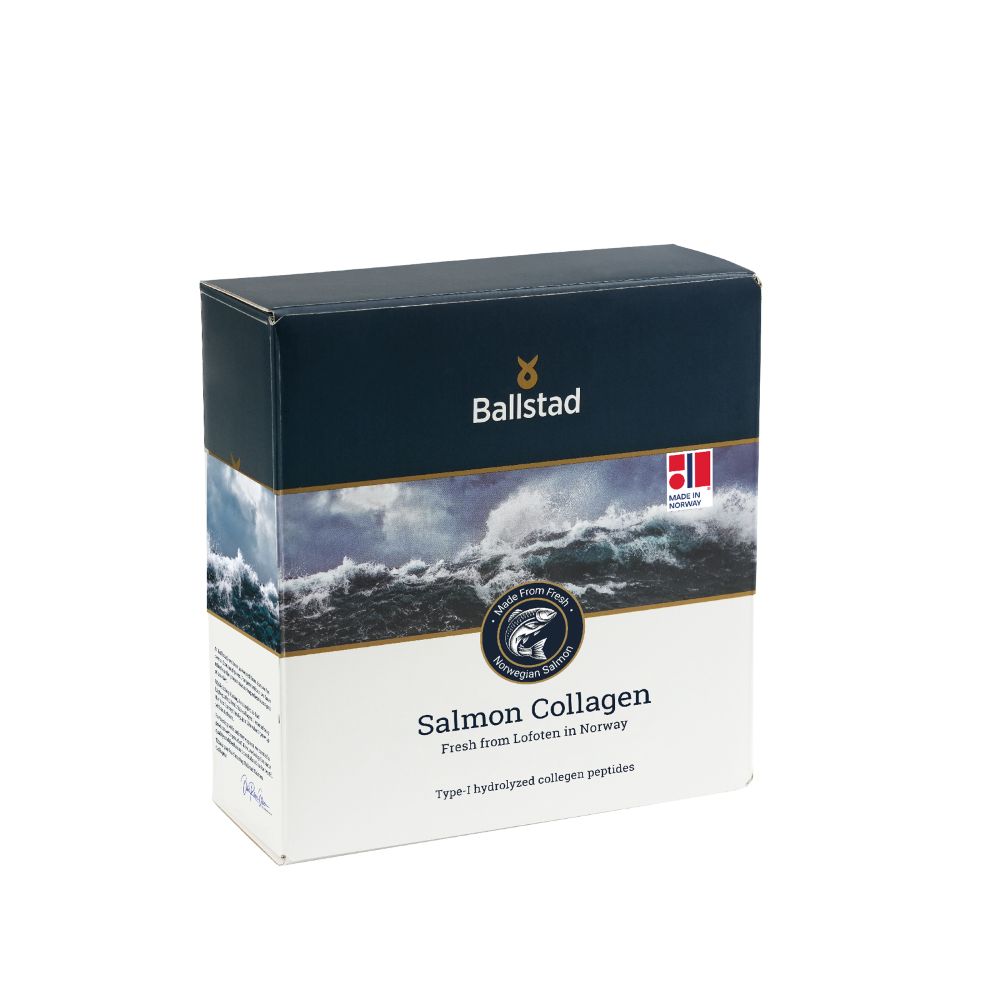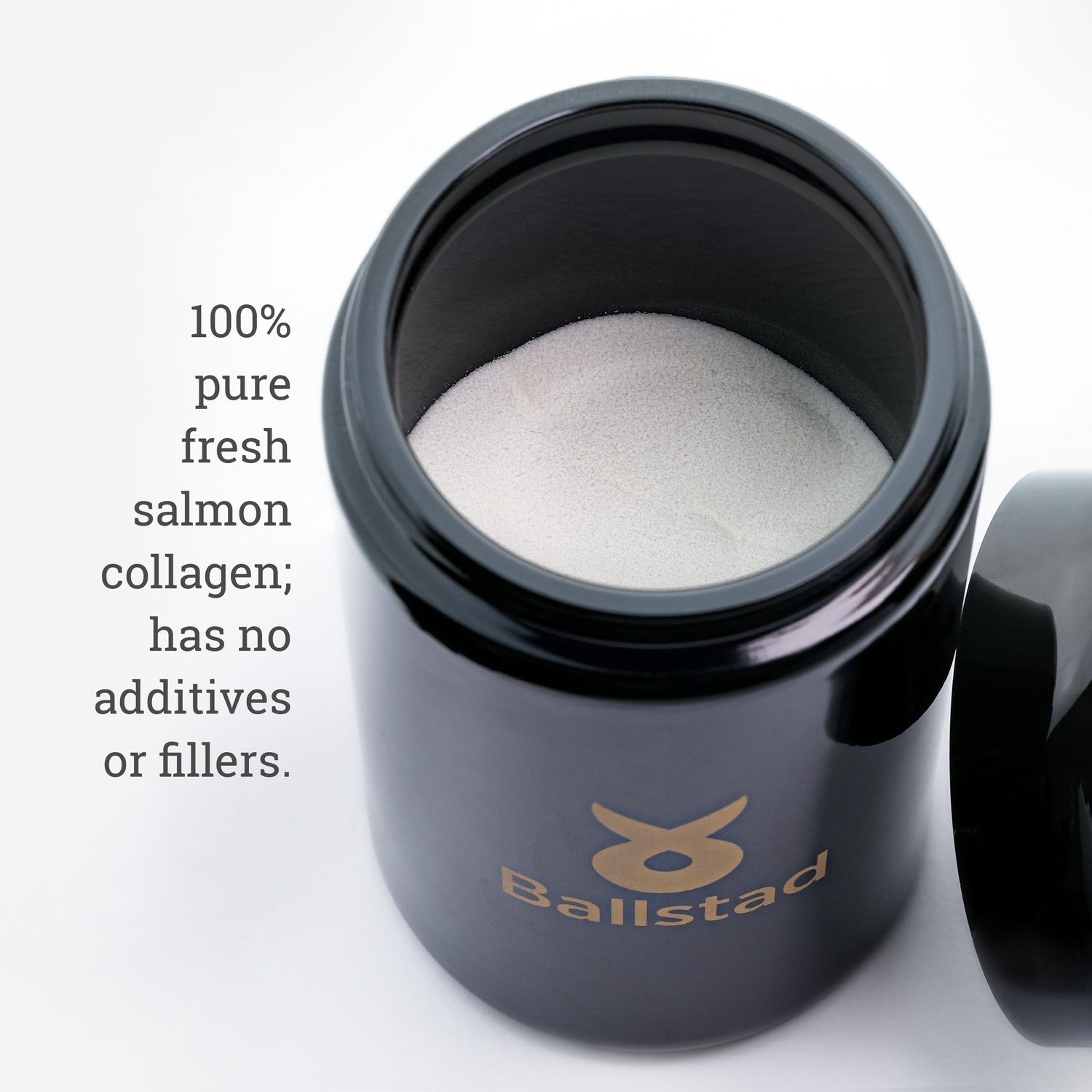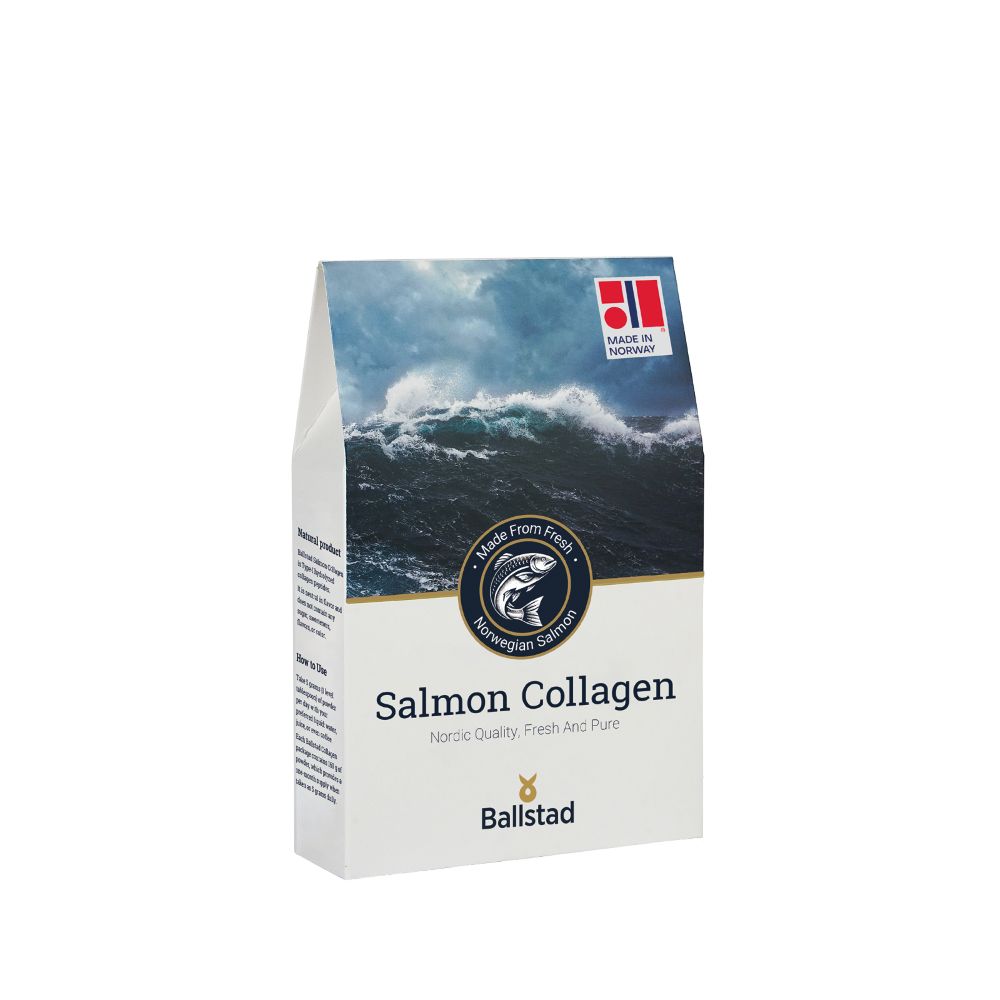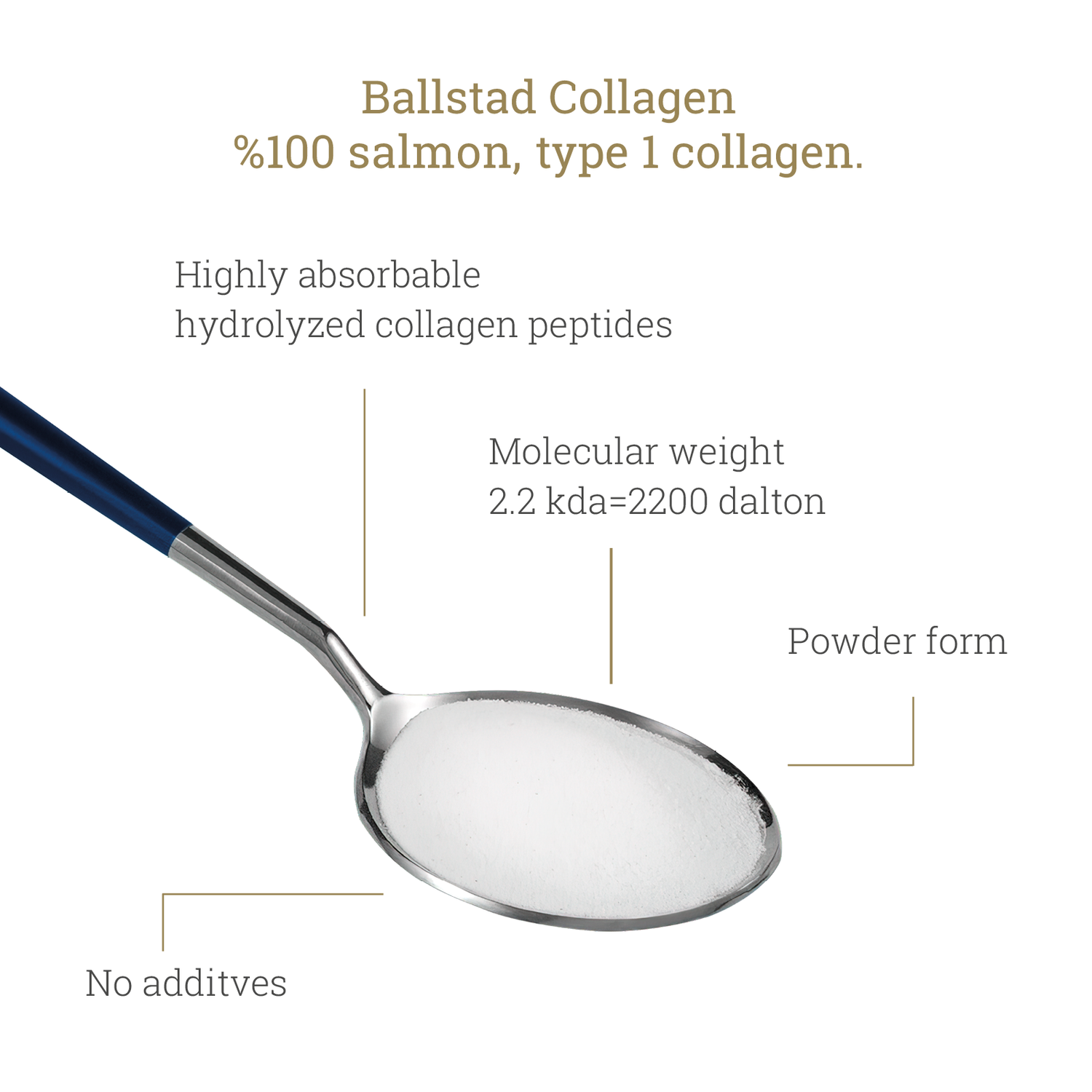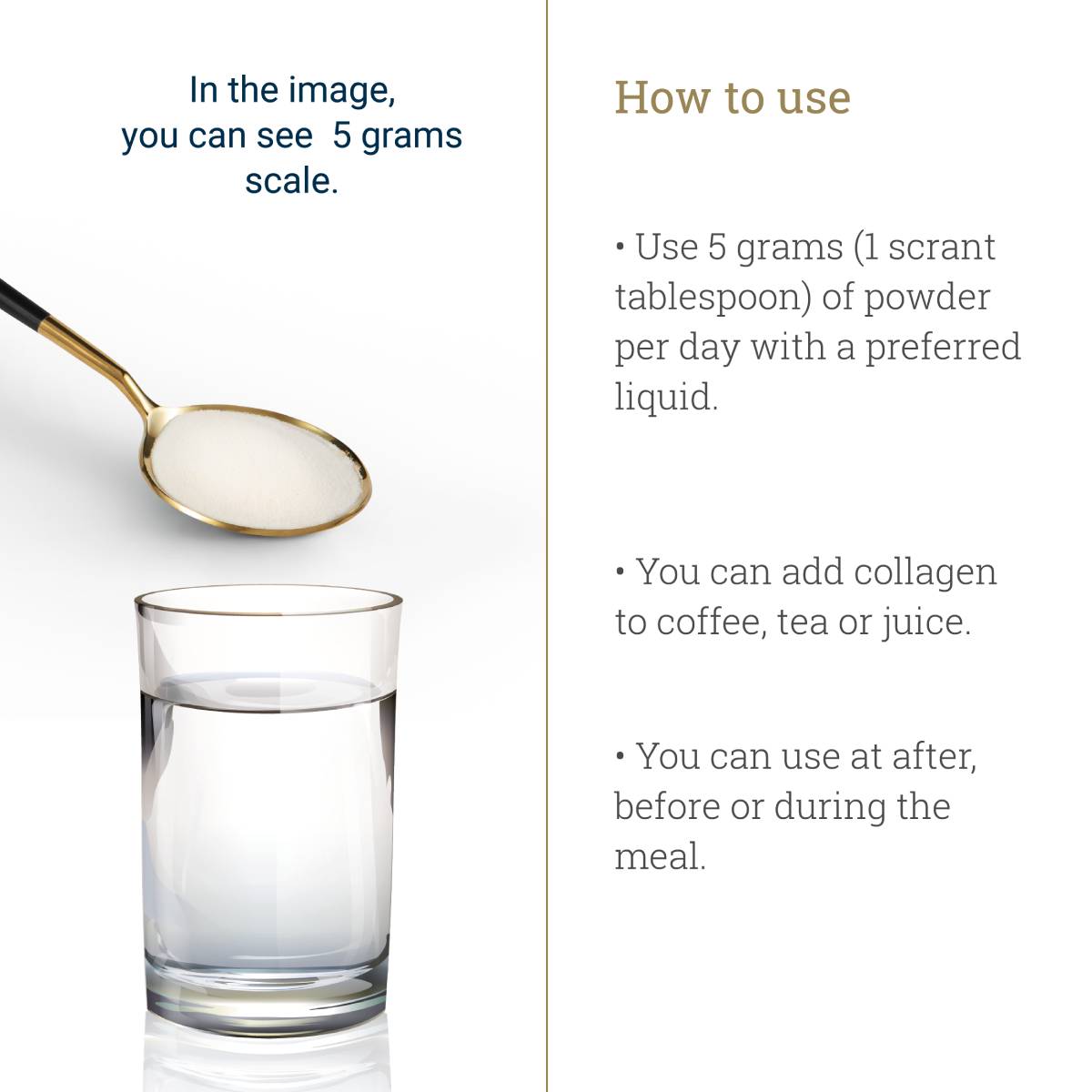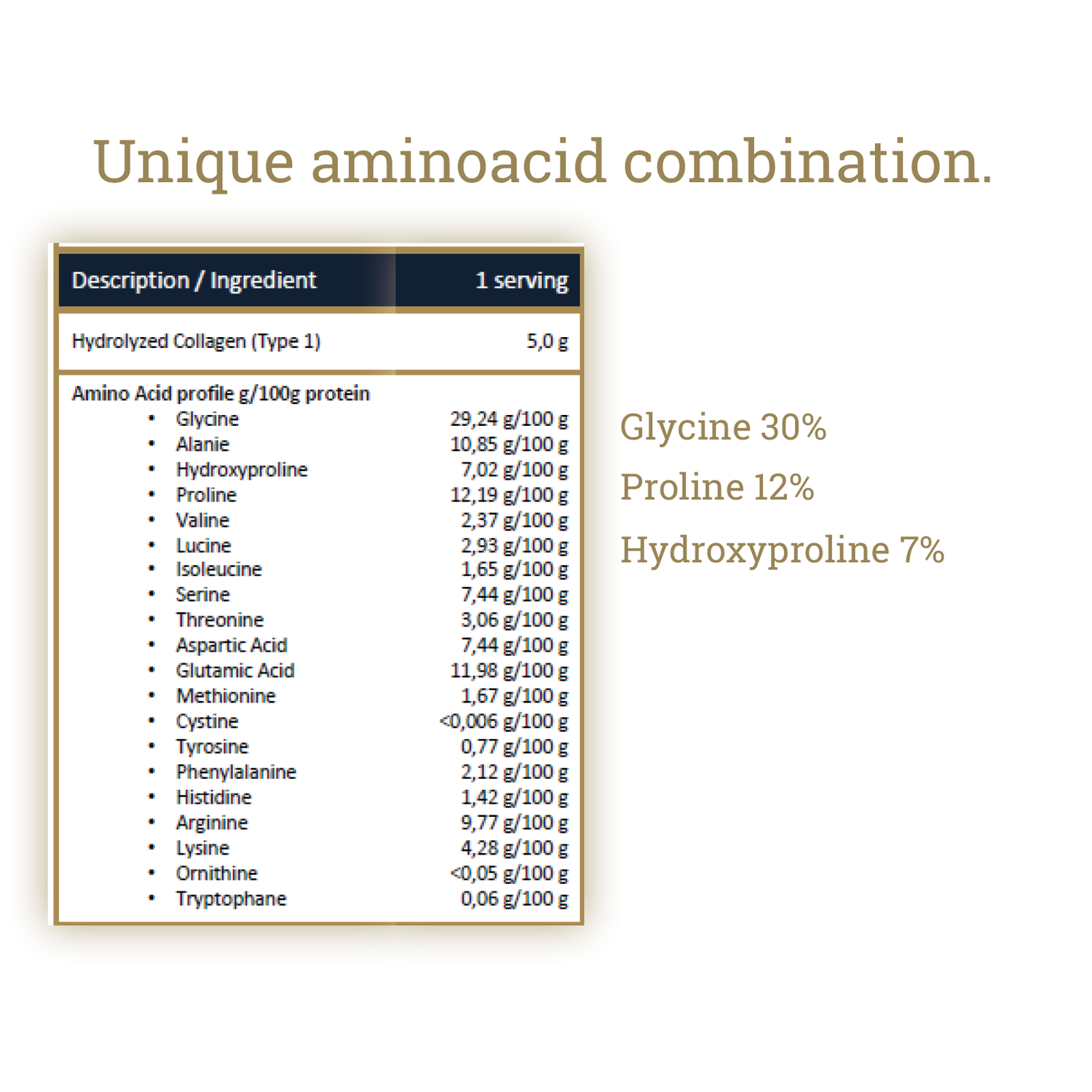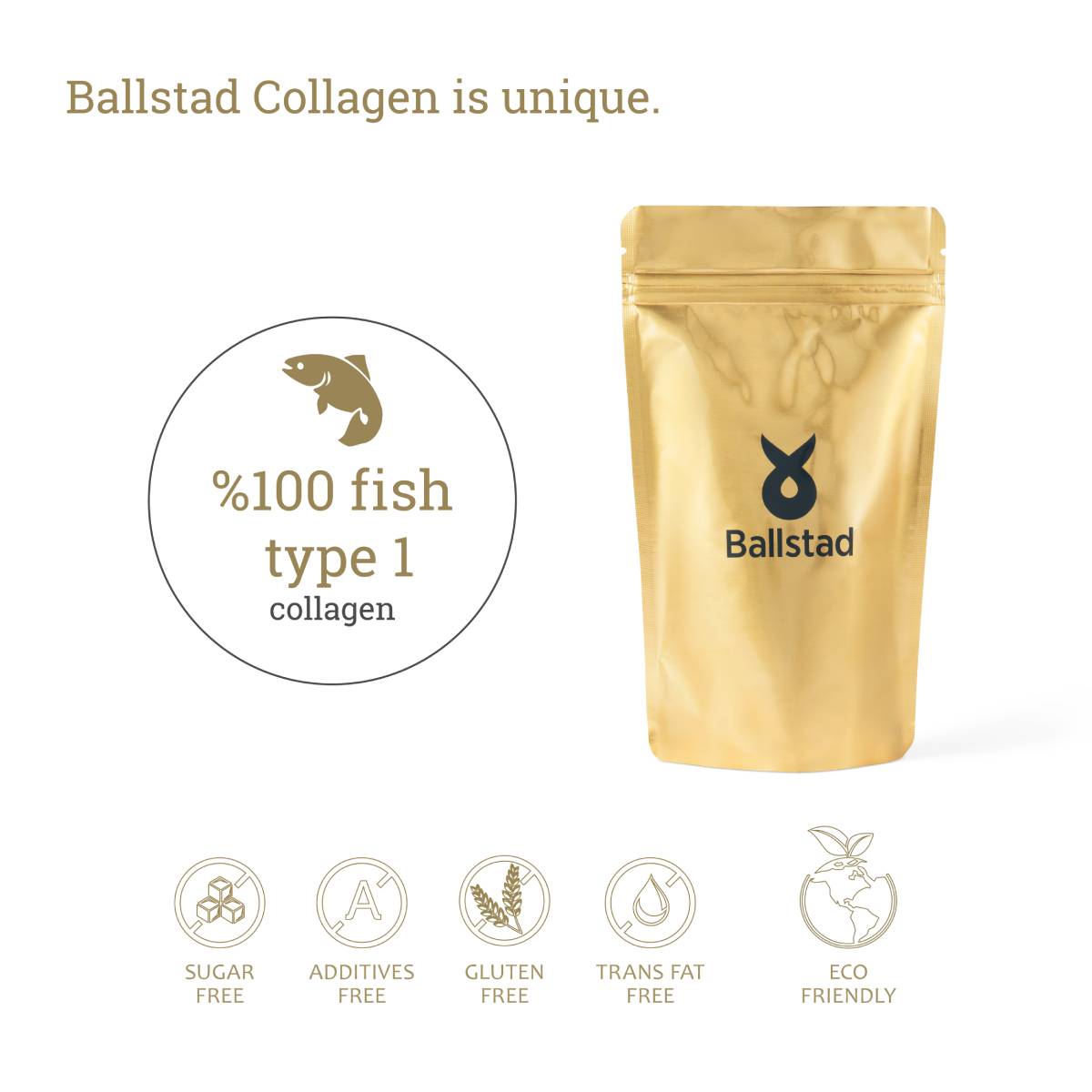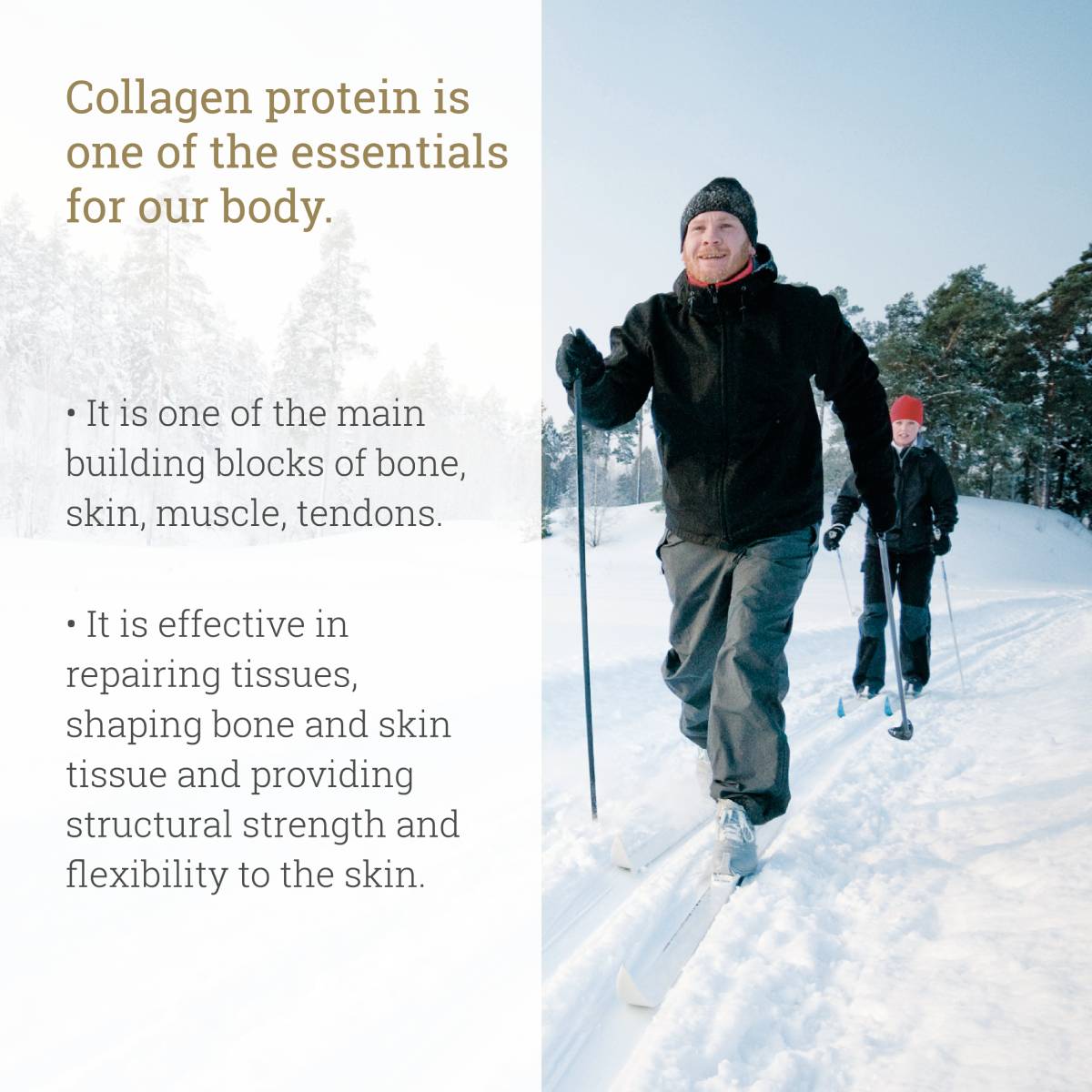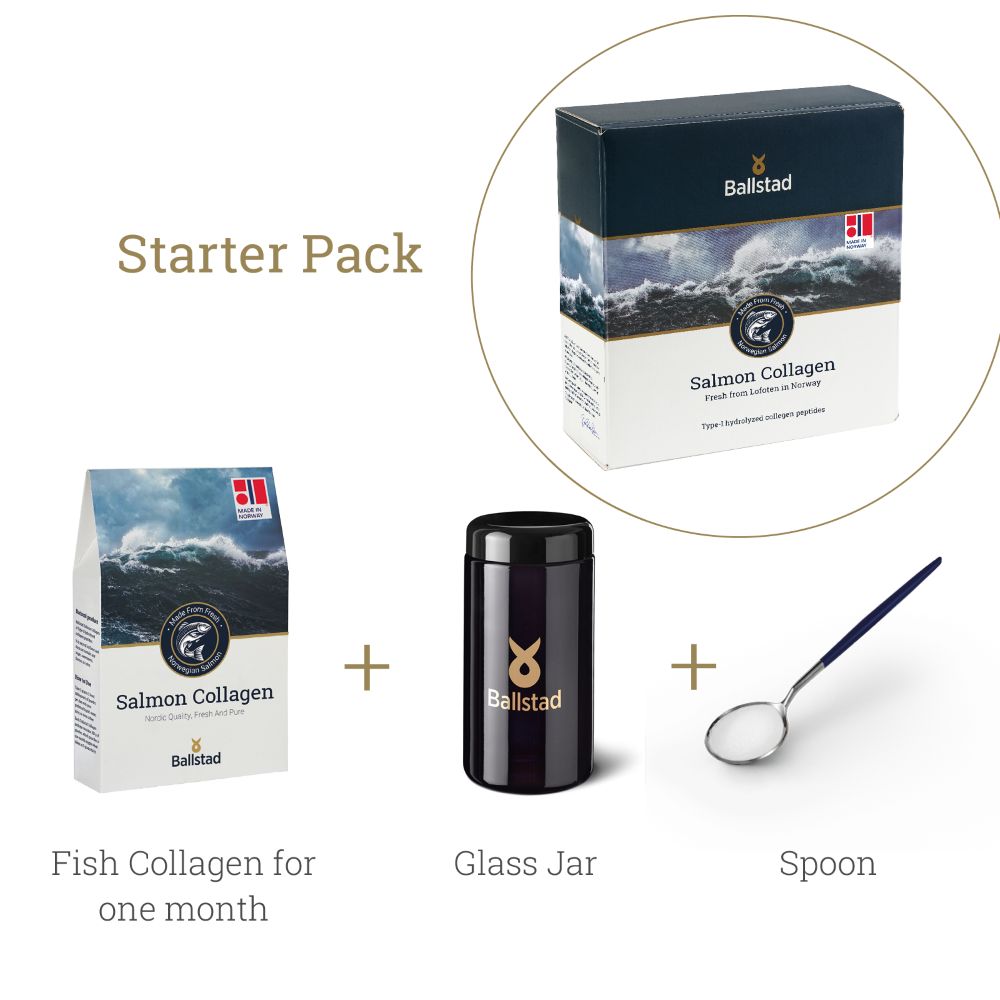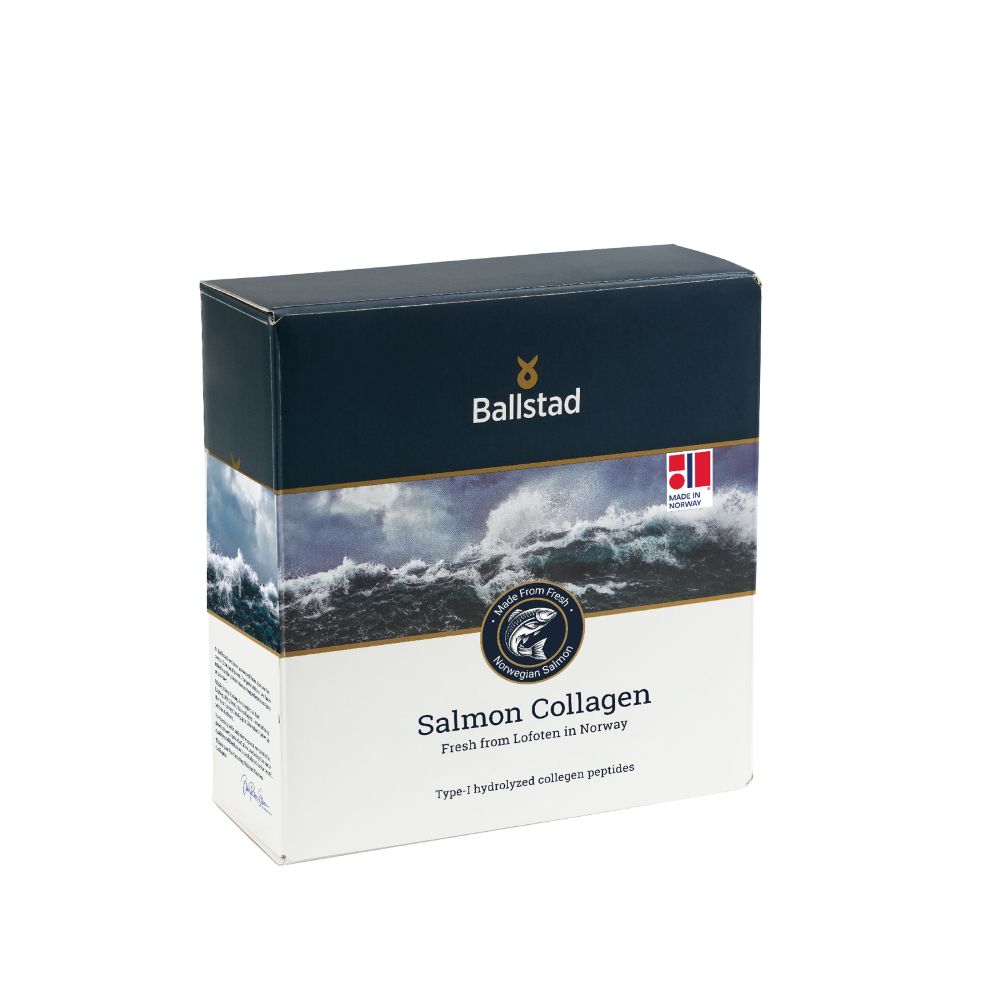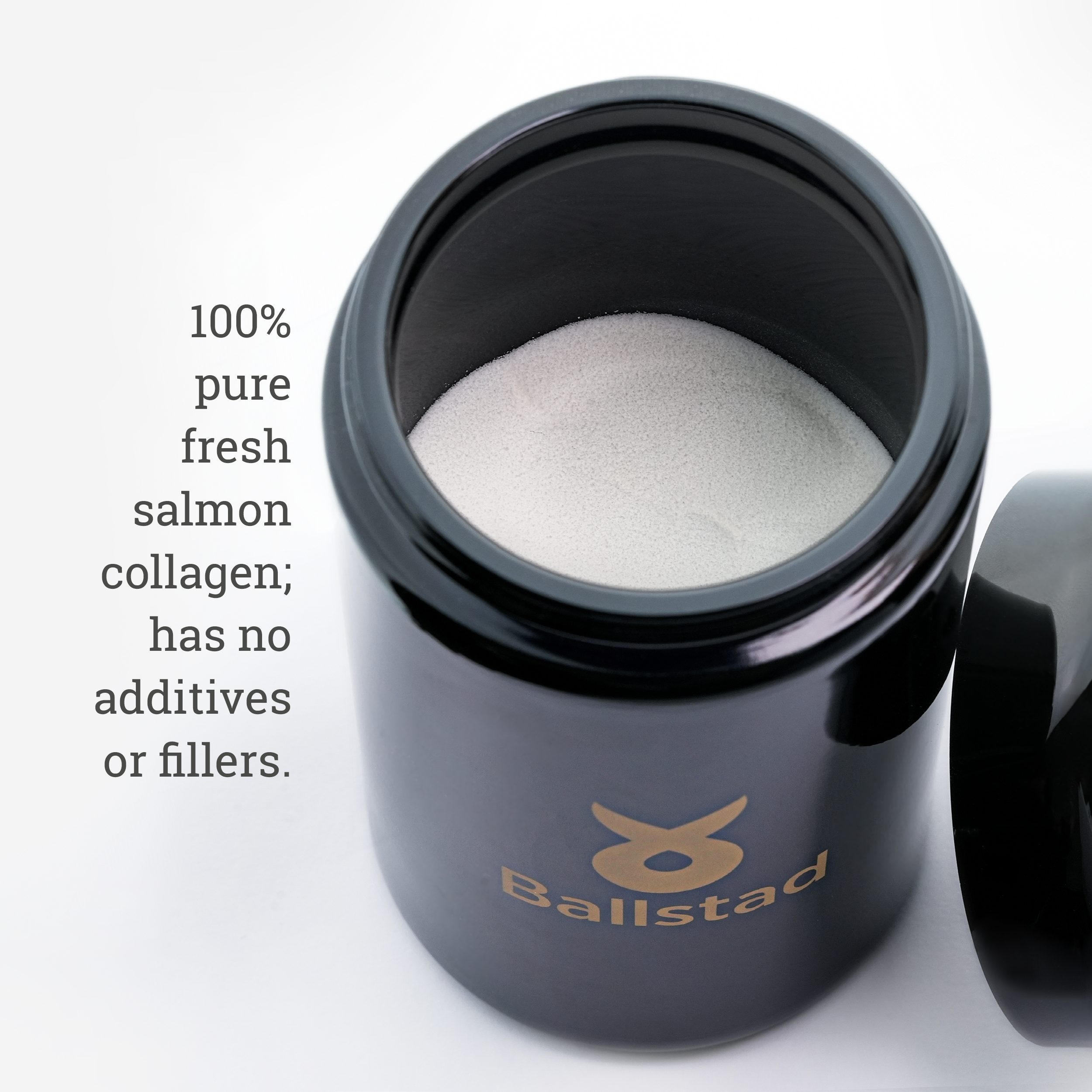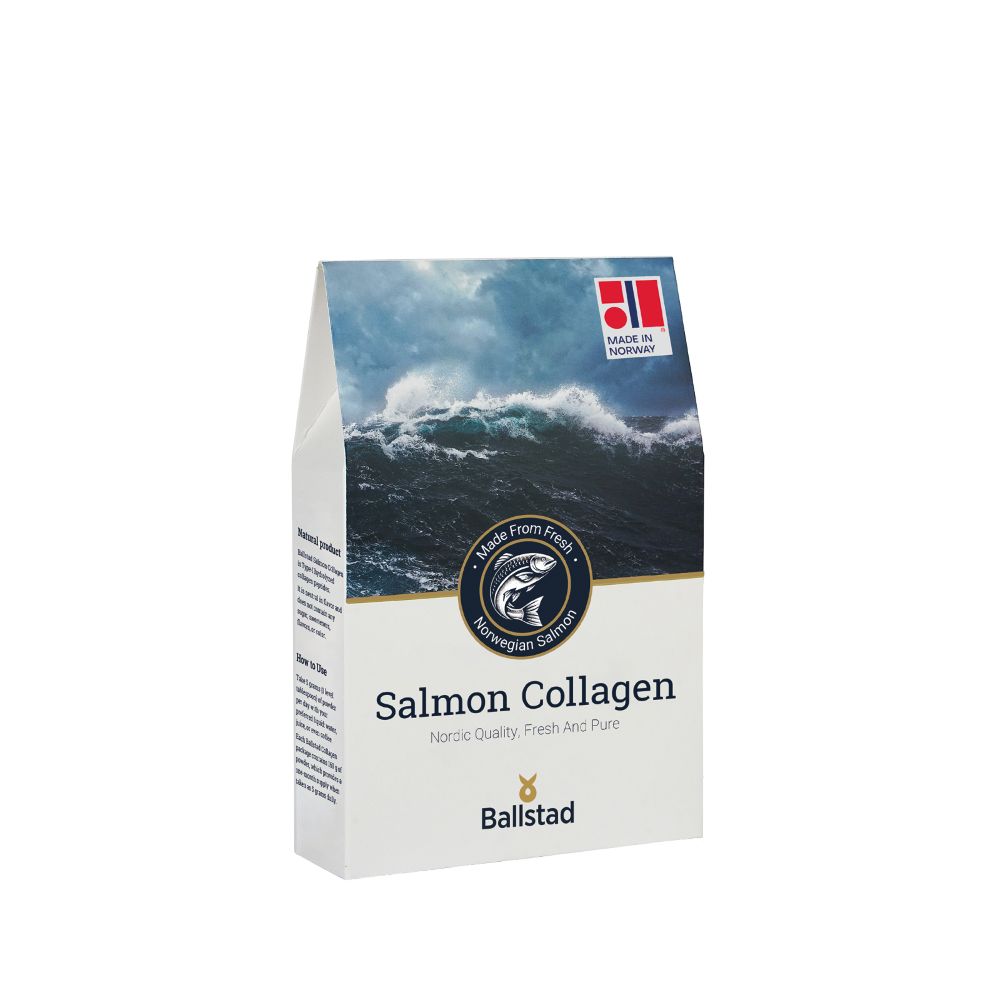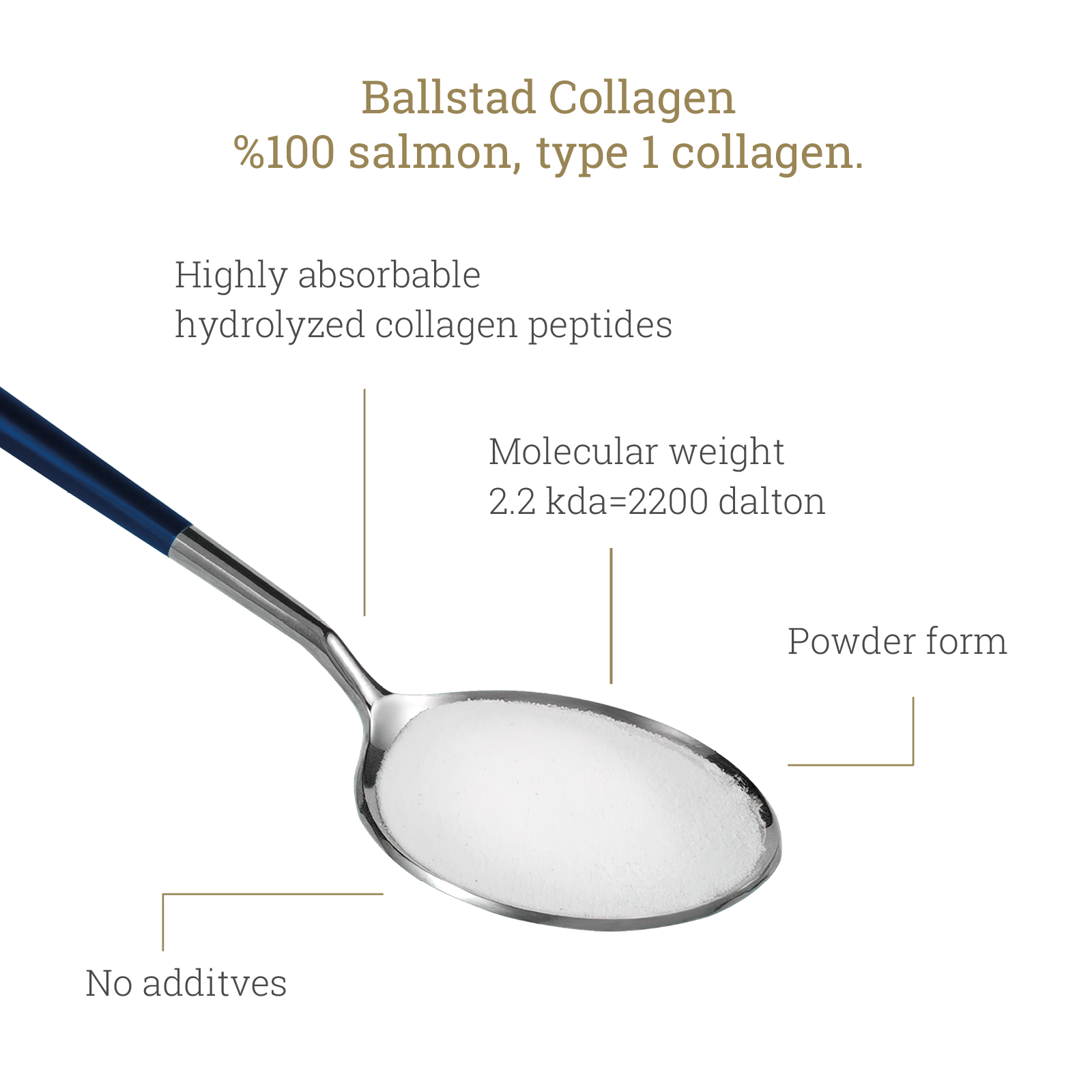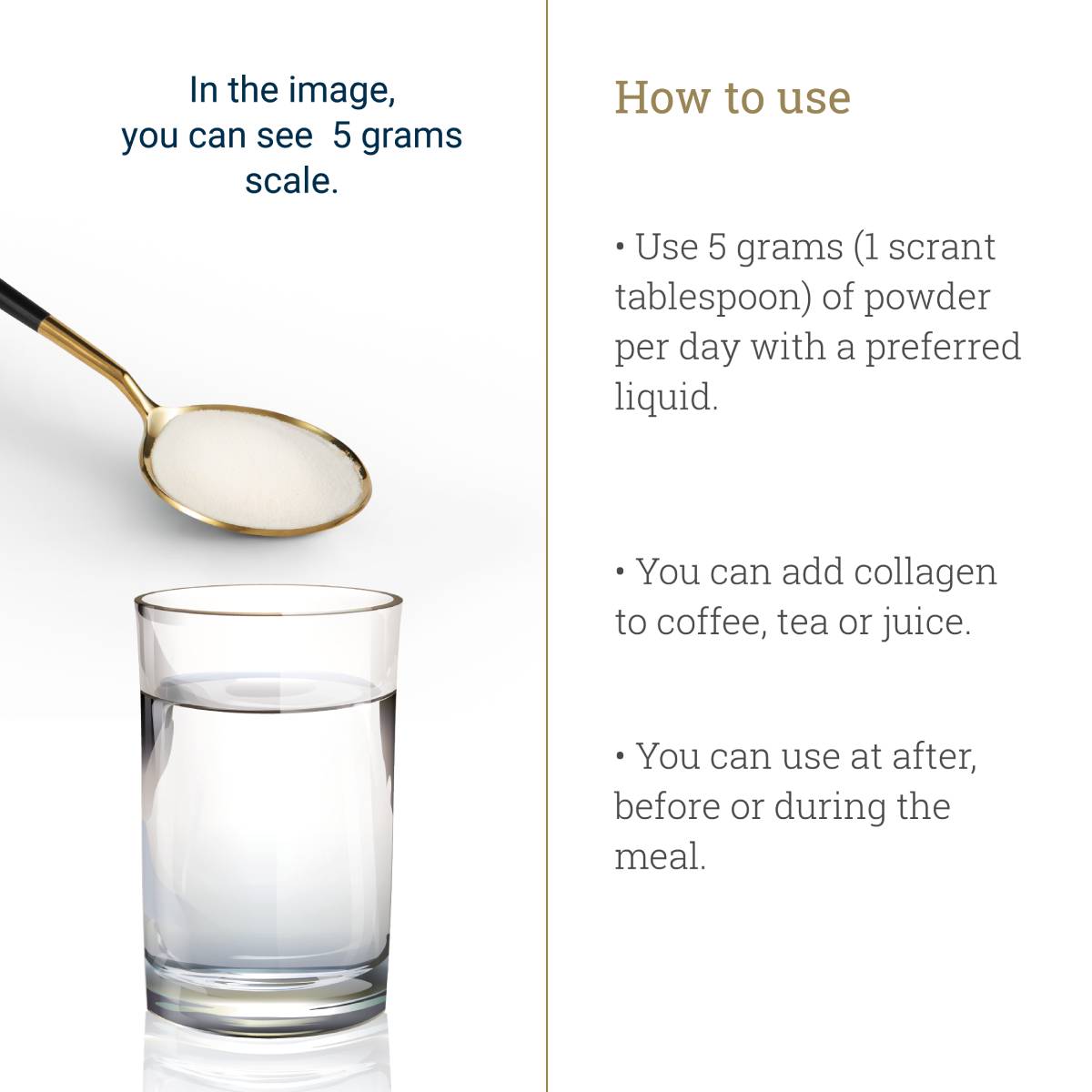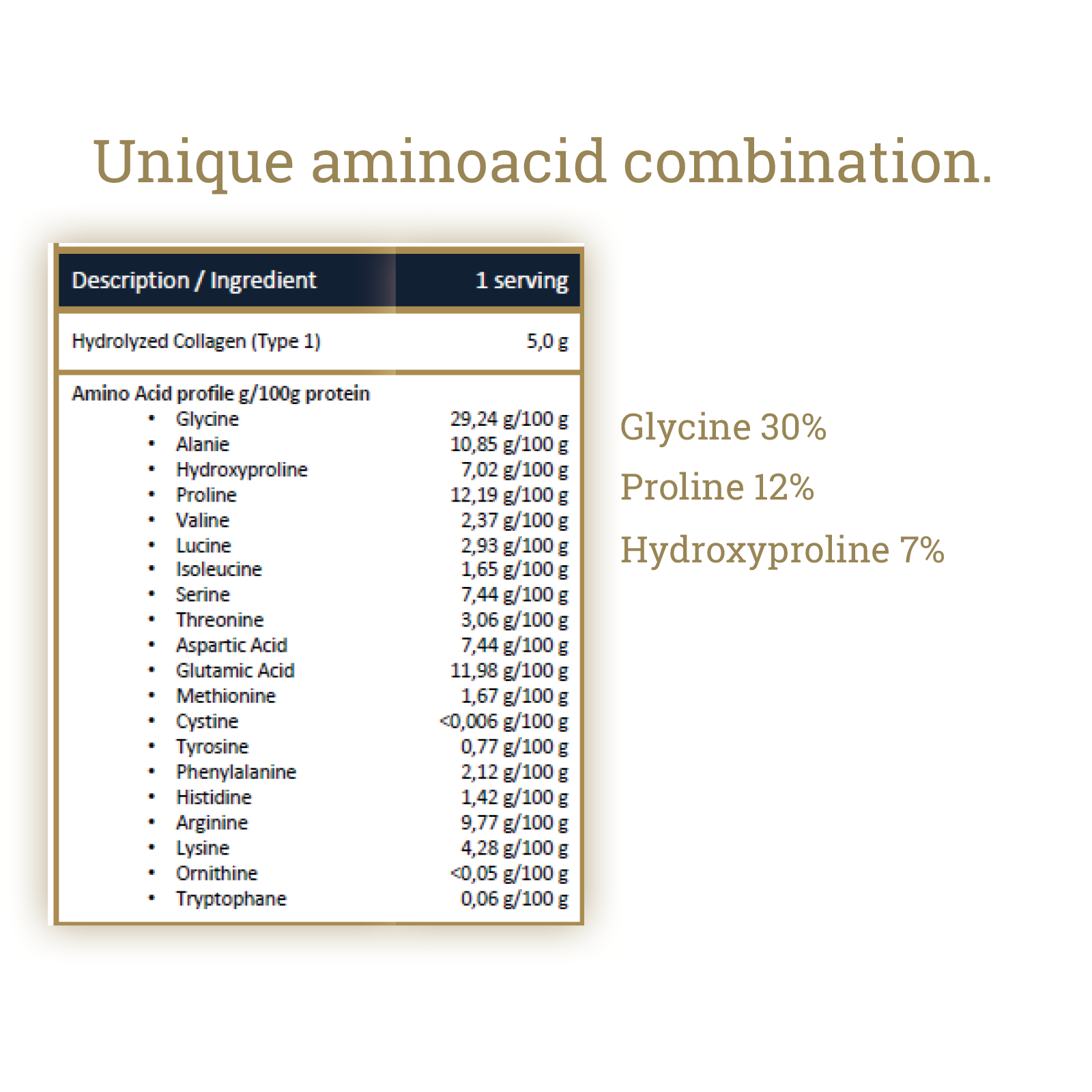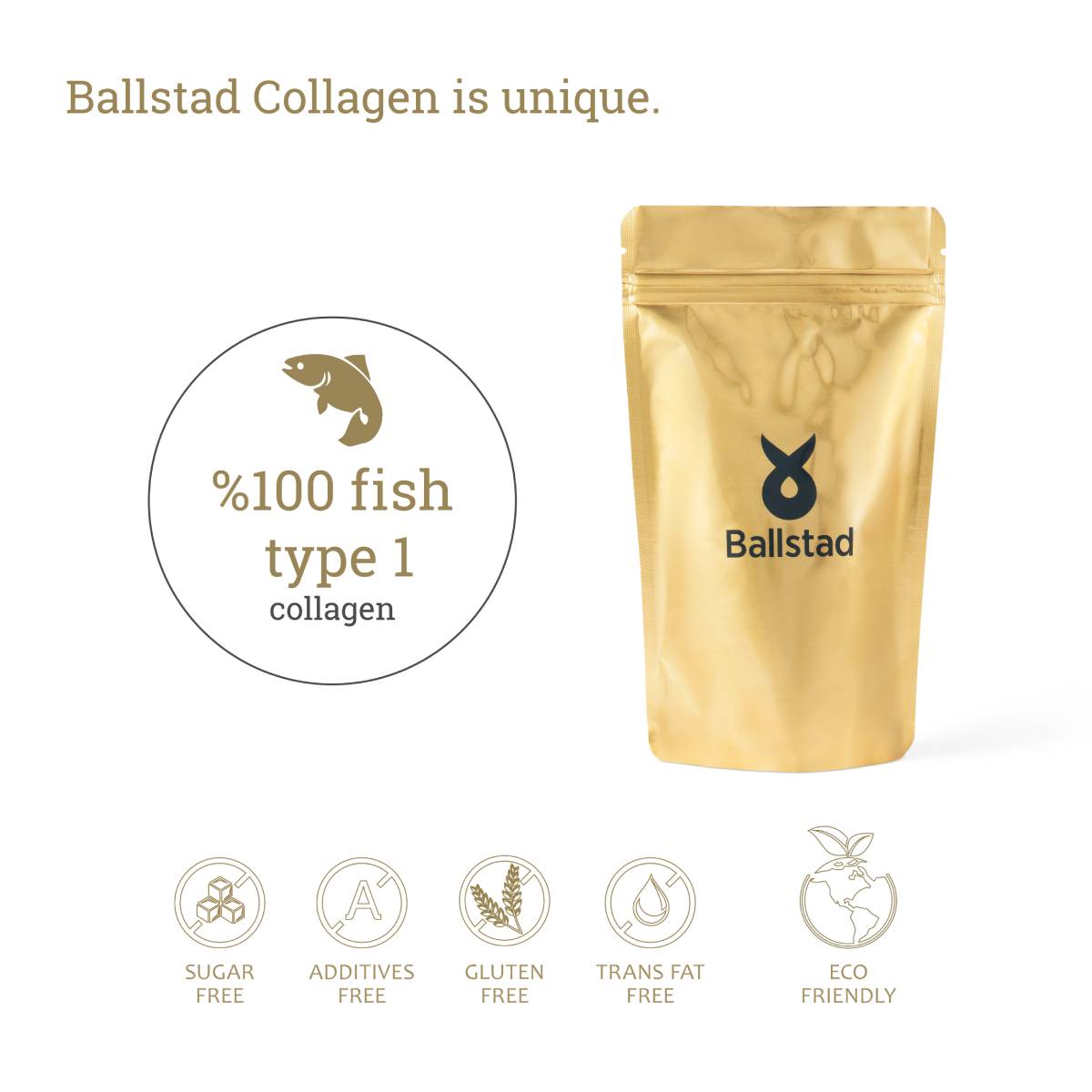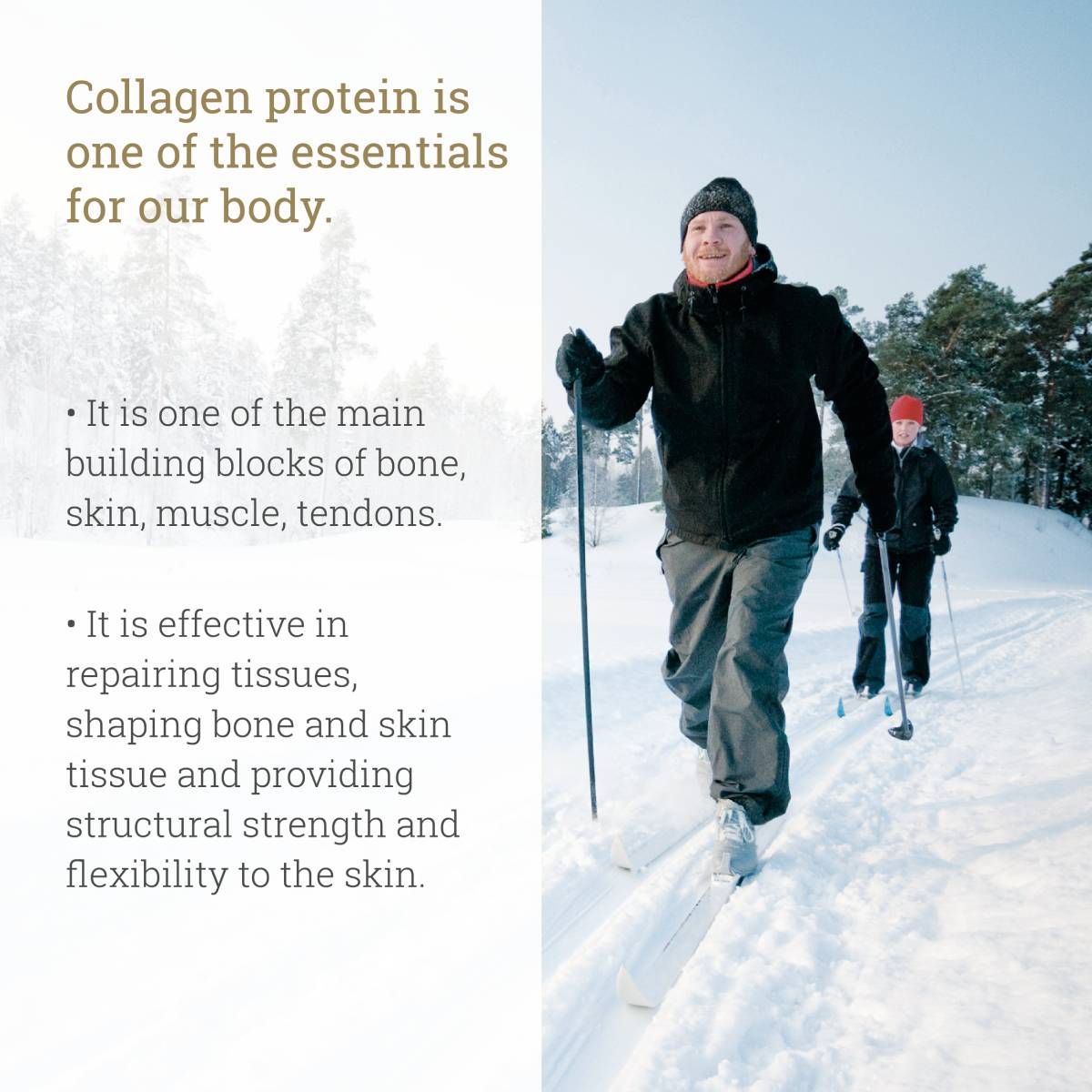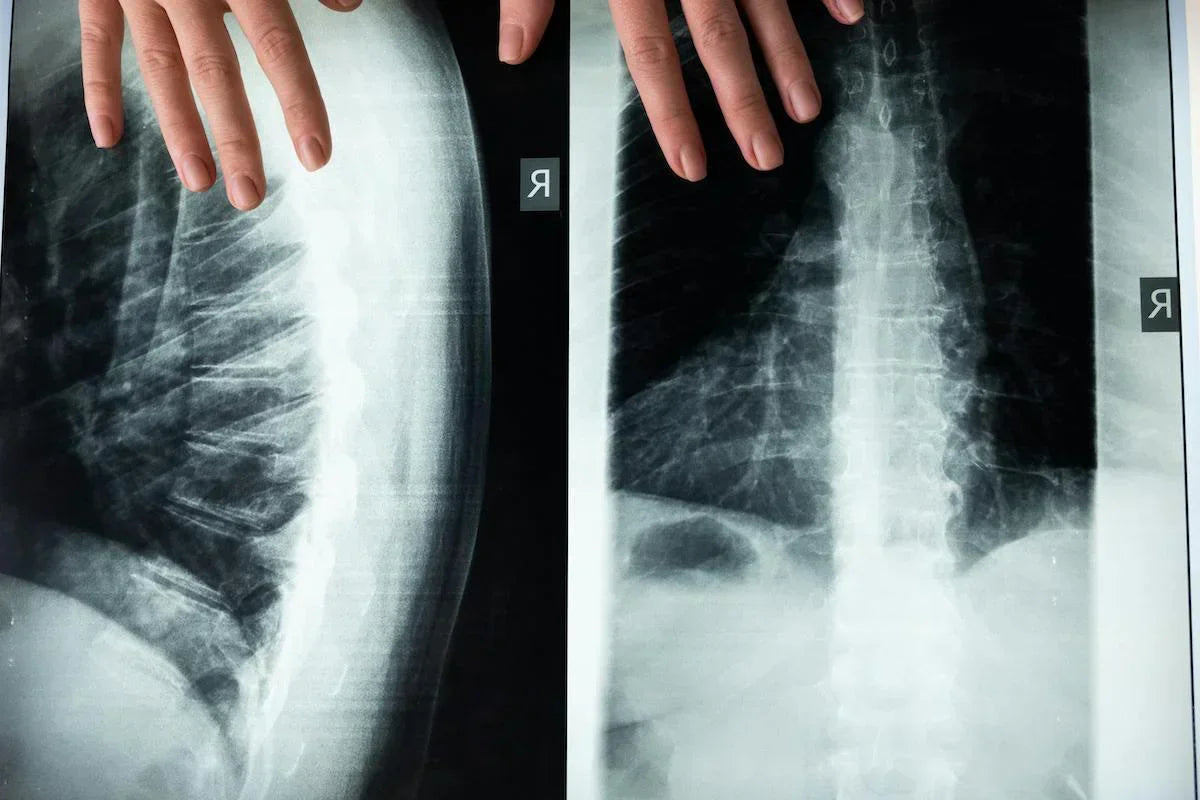When people think about bone health, the nutrients that usually come to mind are calcium and vitamin D. While both are essential, there’s another critical component working behind the scenes—collagen.
More than just a structural protein, collagen forms the foundation of bone strength and flexibility, making it just as important as minerals for maintaining a healthy skeletal system.
Collagen: The Framework Beneath Strong Bones
Collagen is the most abundant protein in the body and makes up about 30% of bone composition, particularly Type I collagen.
-
Calcium and other minerals act like cement, hardening bones.
-
Collagen acts like the framework, giving bones flexibility and shock absorption.
Without collagen, bones would be rigid and prone to breaking. As collagen production naturally declines with age, bones become more brittle—even if calcium intake remains adequate.
What Research Shows About Collagen and Bone Strength
Bones are not just hardened mineral structures—they depend on collagen for resilience and flexibility. Low collagen levels are associated with an increased risk of fractures and age-related bone weakness.
Clinical studies on hydrolyzed collagen peptides suggest they may:
-
Support bone mineral density
-
Enhance bone metabolism
-
Improve long-term bone resilience
Because of this, collagen supplementation is increasingly recommended for adults, especially postmenopausal women at greater risk of osteoporosis.
Marine Collagen: A Superior Source of Support
Among collagen sources, marine collagen stands out for bone health. Naturally rich in Type I collagen—the same type found in human bones—it is more easily digested and absorbed thanks to its smaller peptide size.
Ballstad Salmon Collagen, derived from wild-caught salmon, offers a clean, bioavailable source of collagen designed for daily use. It’s tasteless, odorless, and dissolves effortlessly into water, coffee, or smoothies, making bone support simple and consistent.
Why Collagen Becomes Essential with Age
After the age of 30, the body’s collagen production begins to decline, coinciding with a gradual loss in bone density. Over time, this can lead to:
-
Stiffness and reduced flexibility
-
Slower recovery from stress or injuries
-
Higher risk of fractures and bone-related conditions
By supplementing with collagen, you provide your body with the amino acids needed to maintain bone strength and structure. When paired with a diet rich in calcium and vitamin D, collagen becomes a powerful ally in preserving bone health and resilience as you age.


